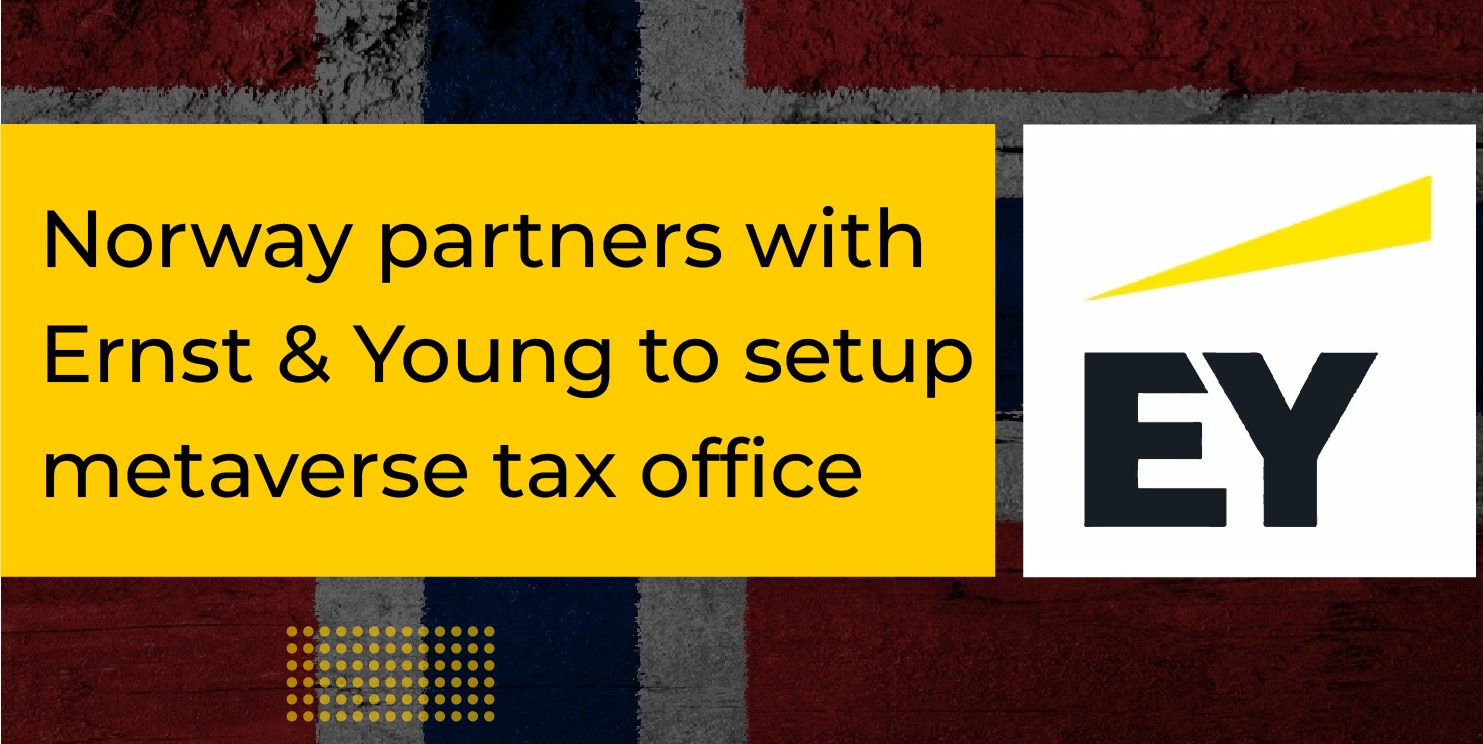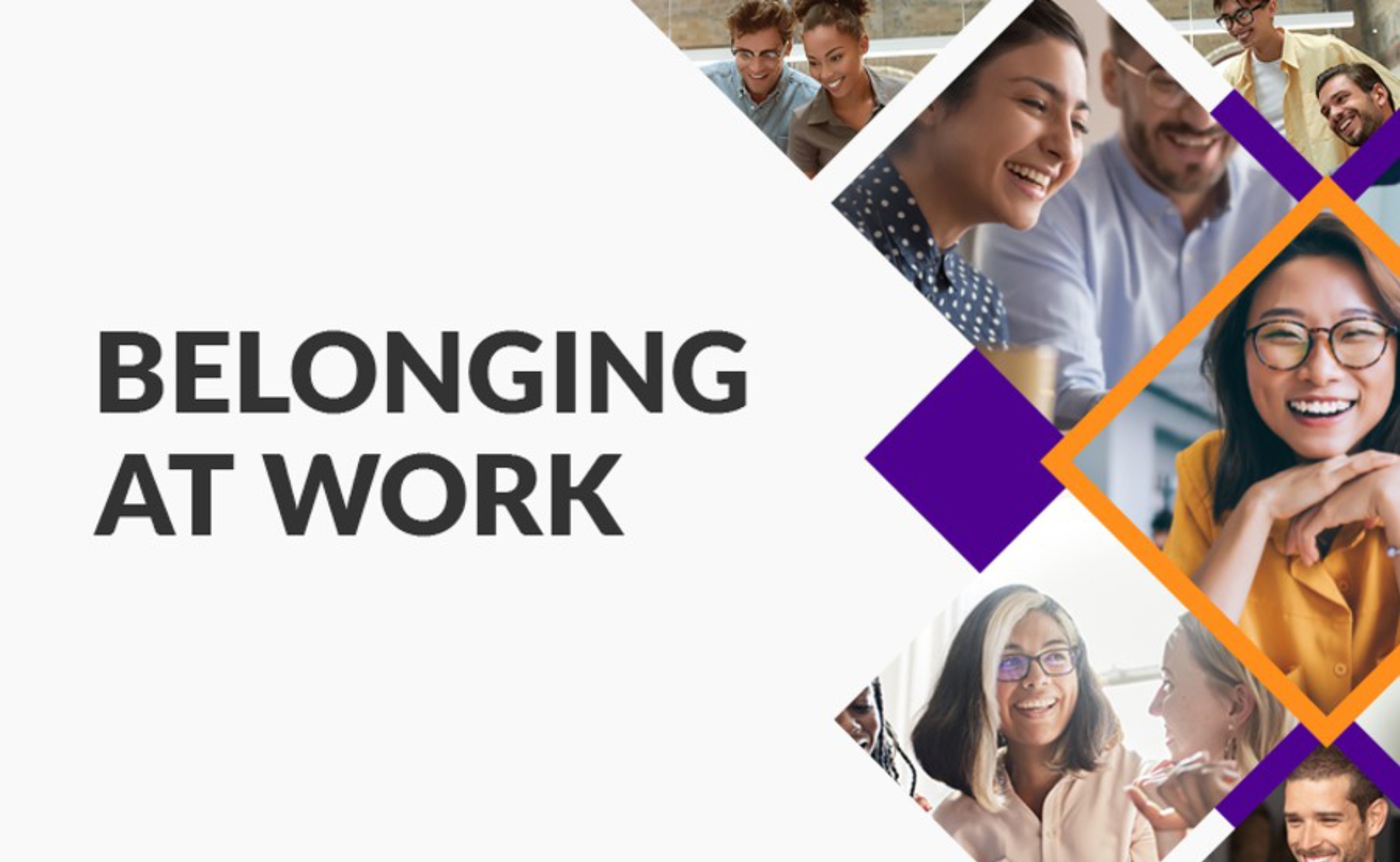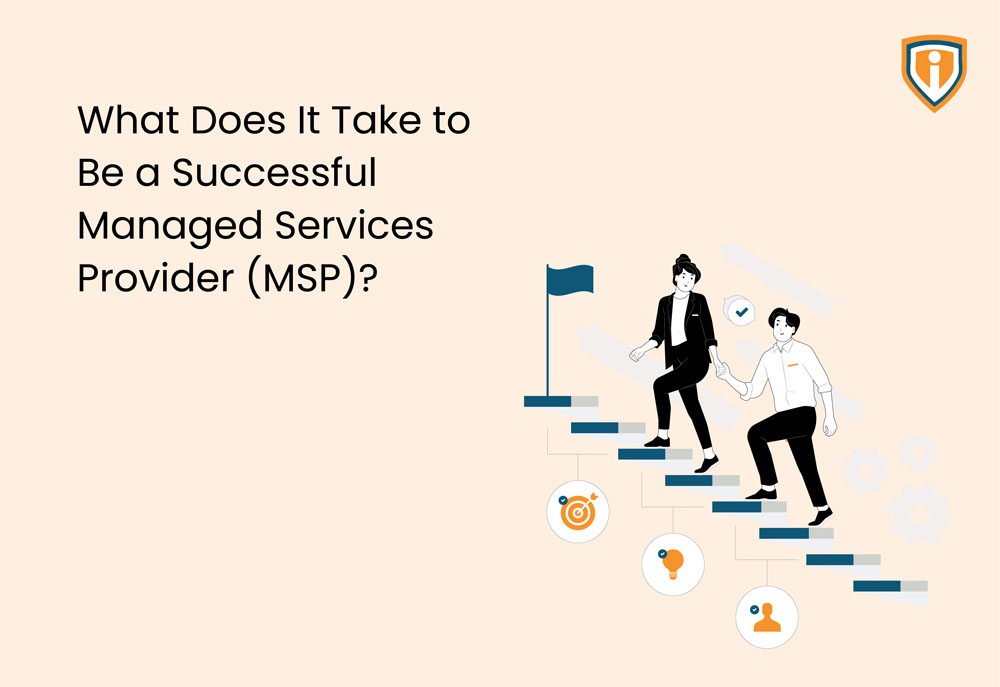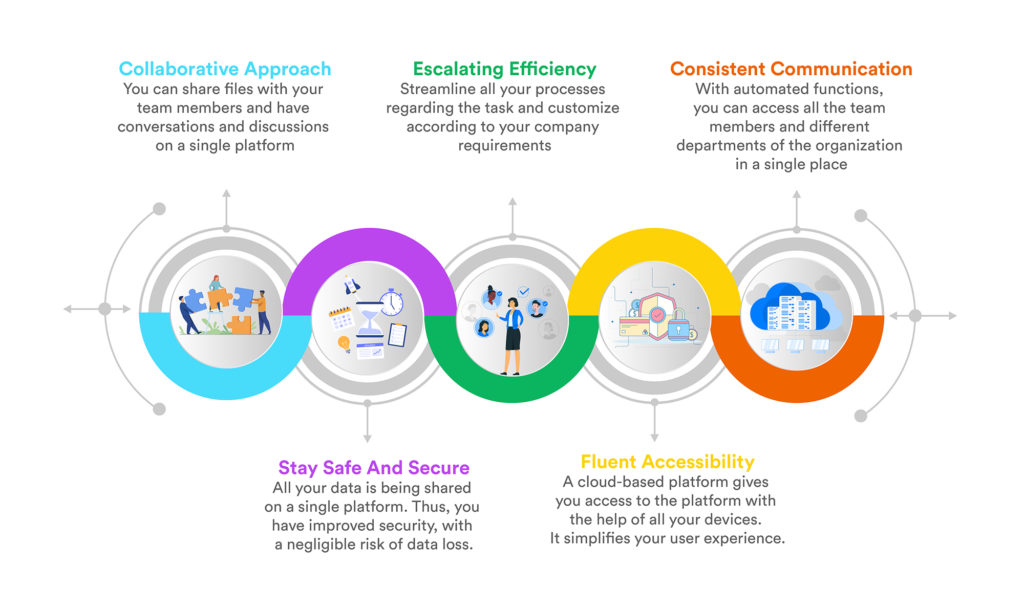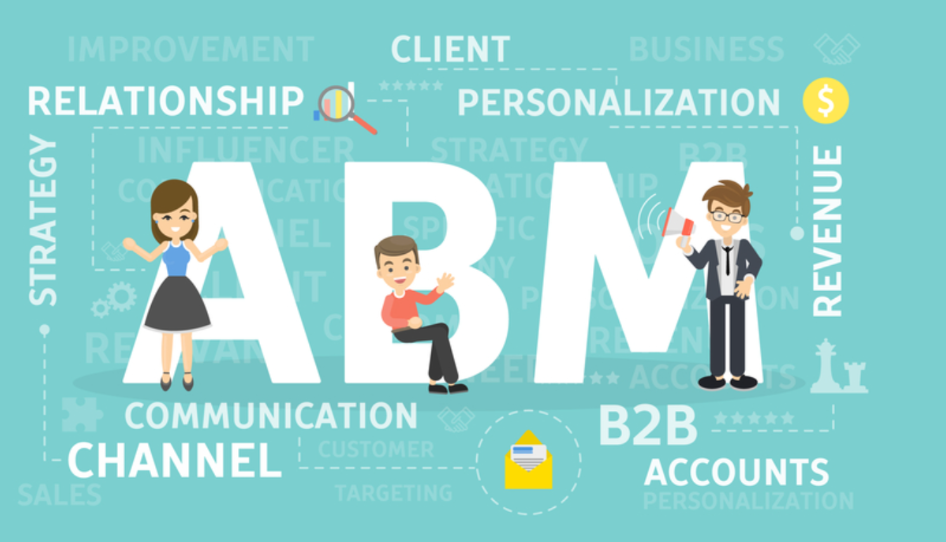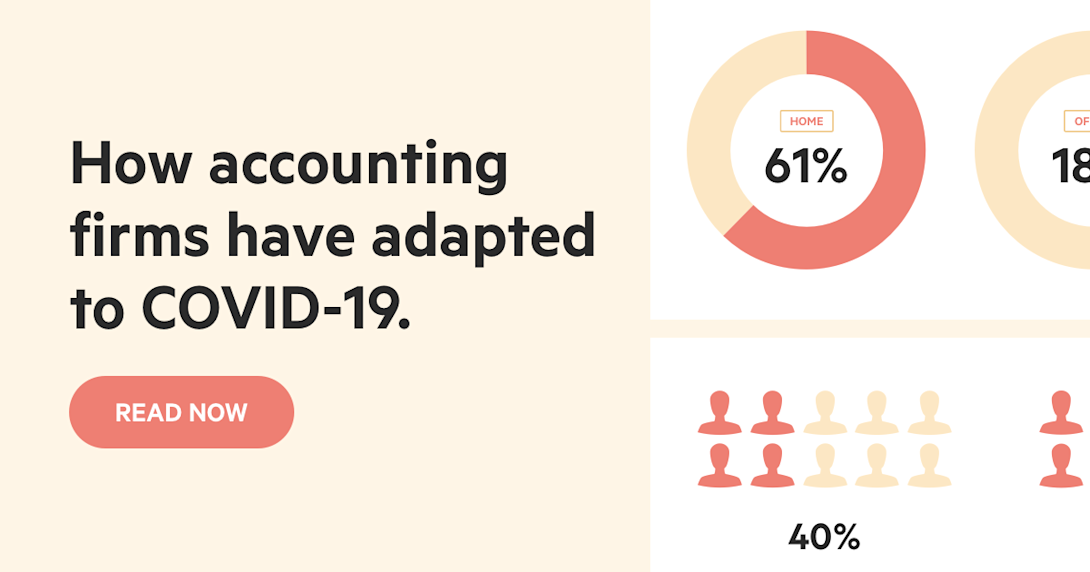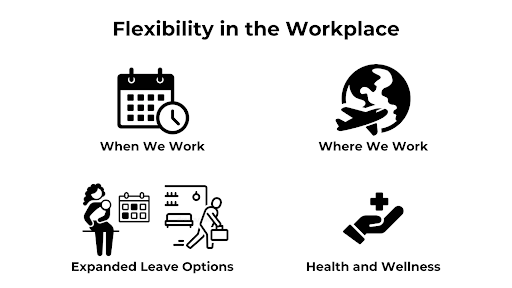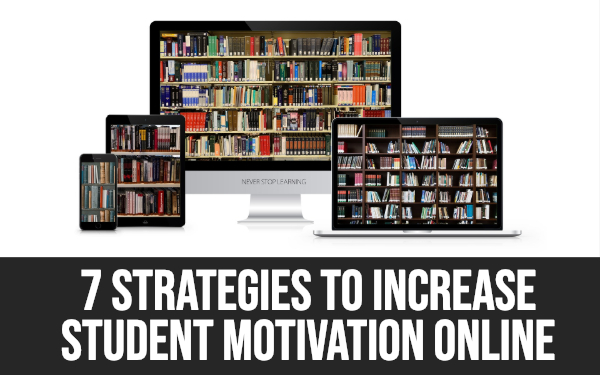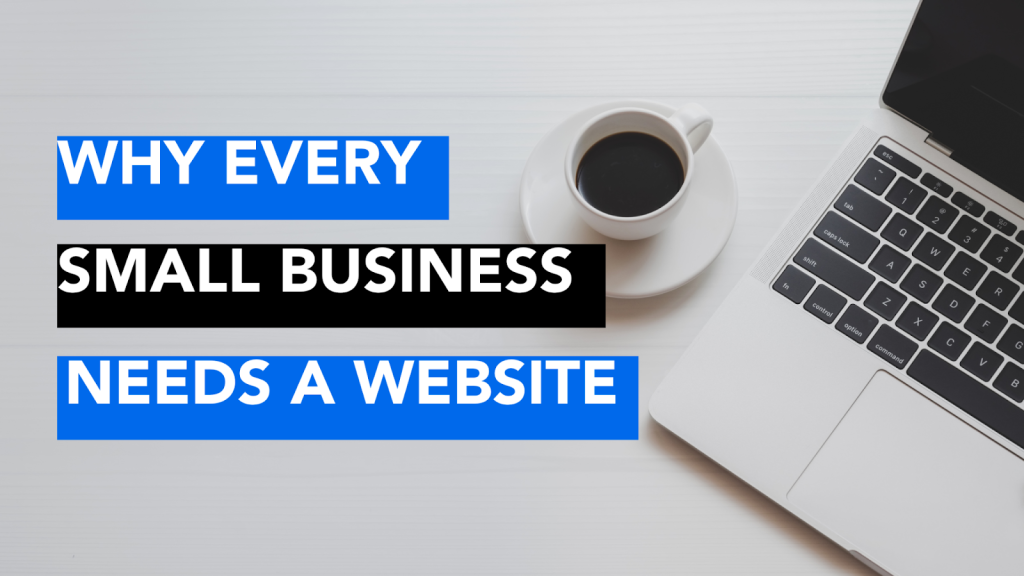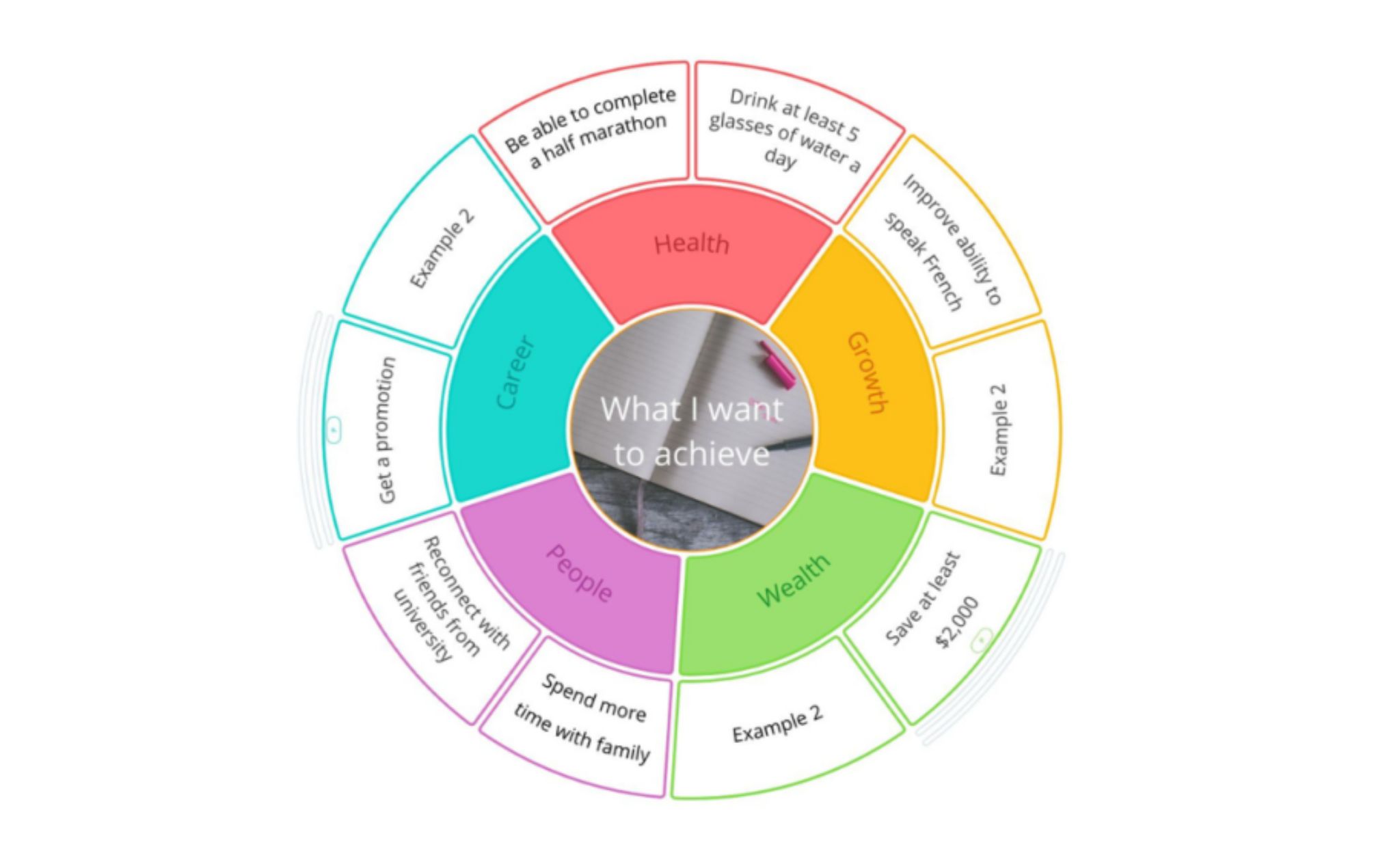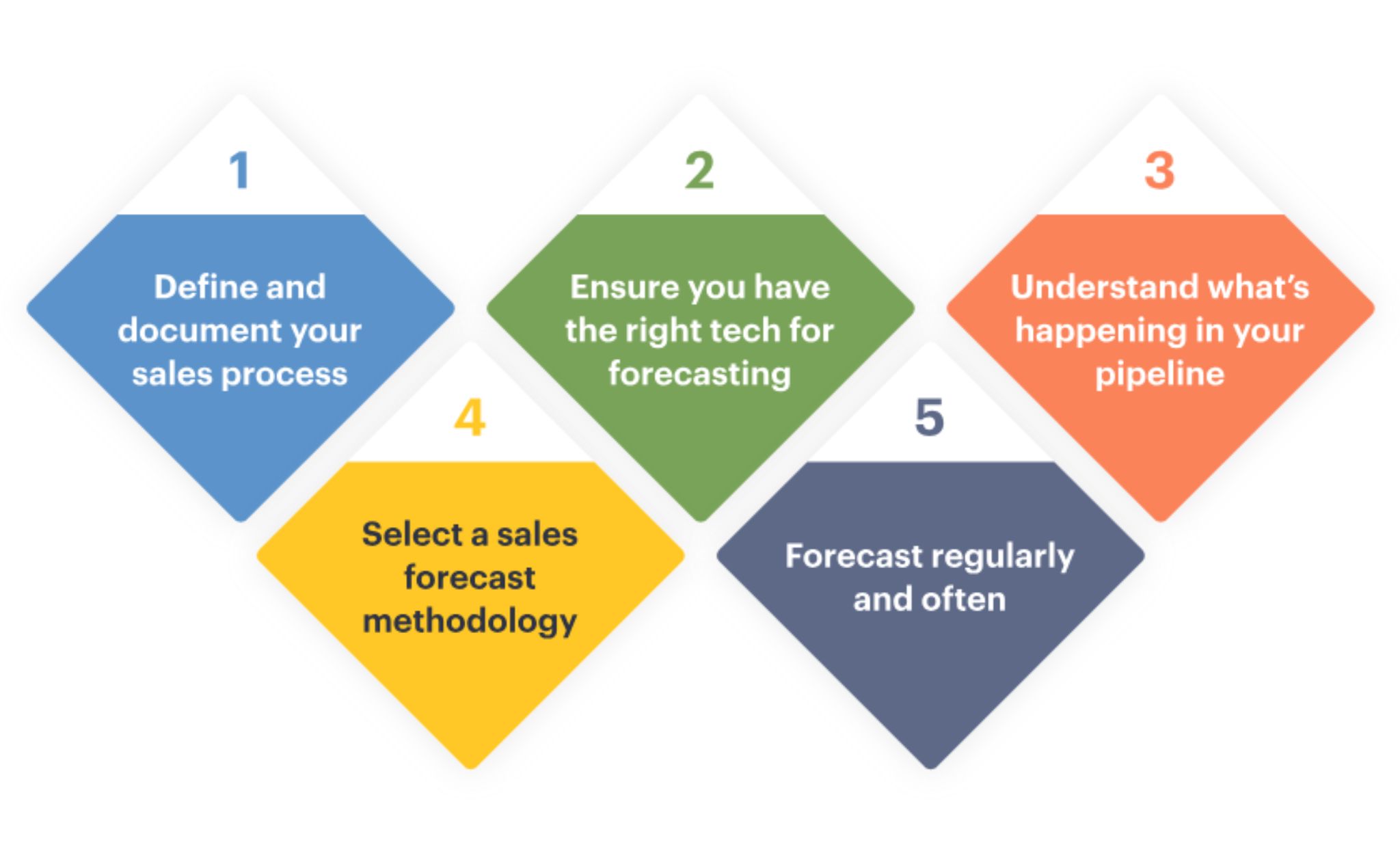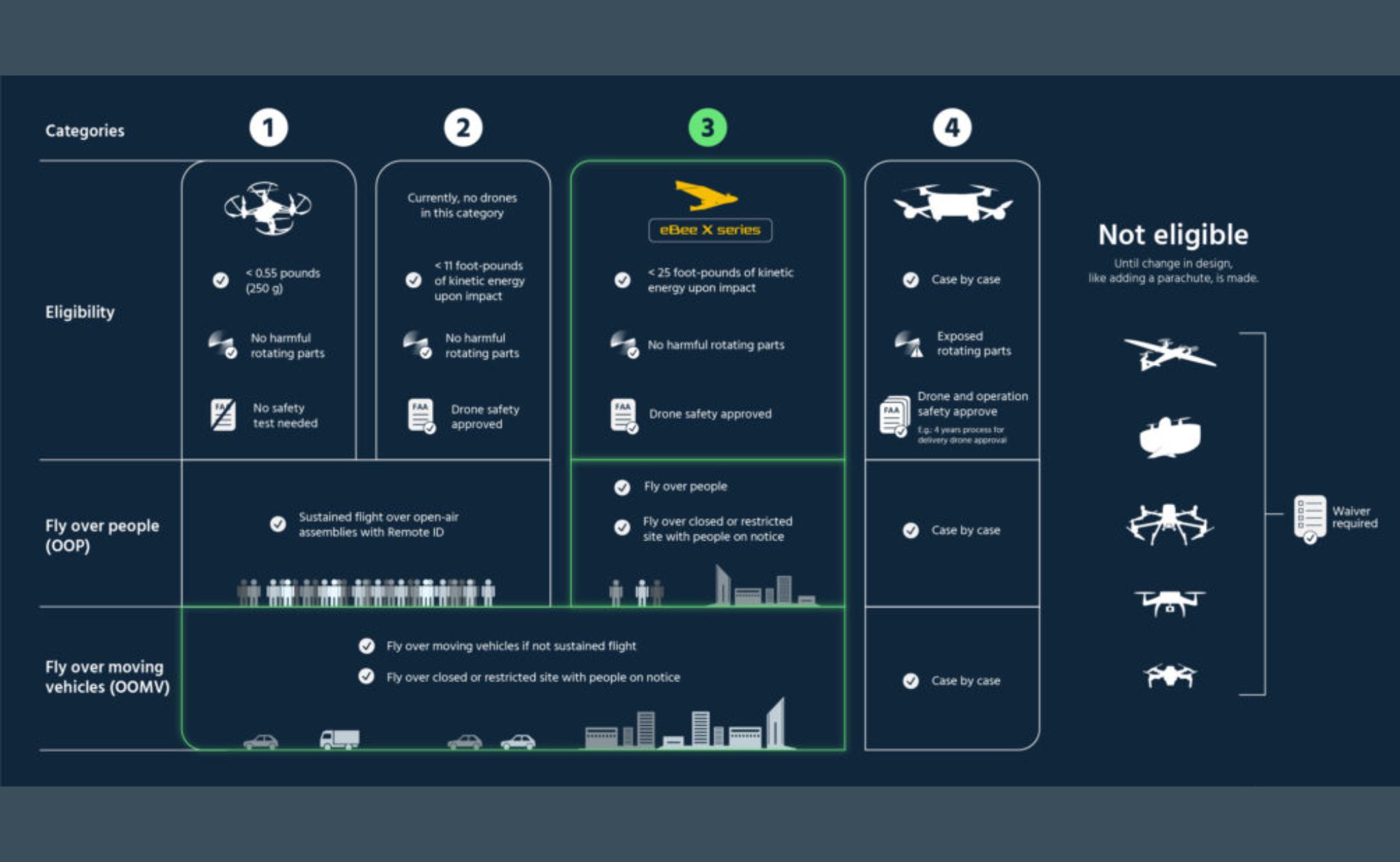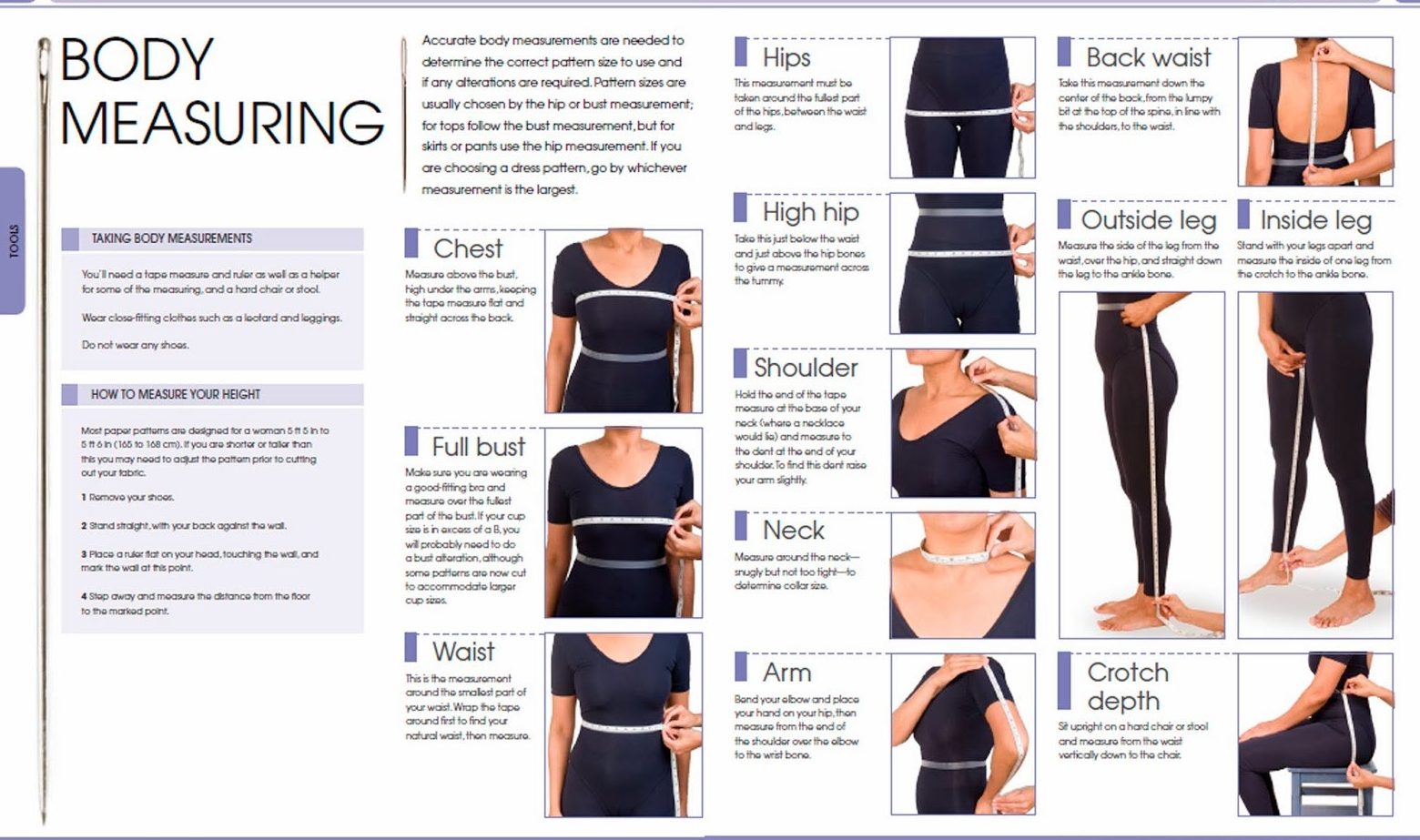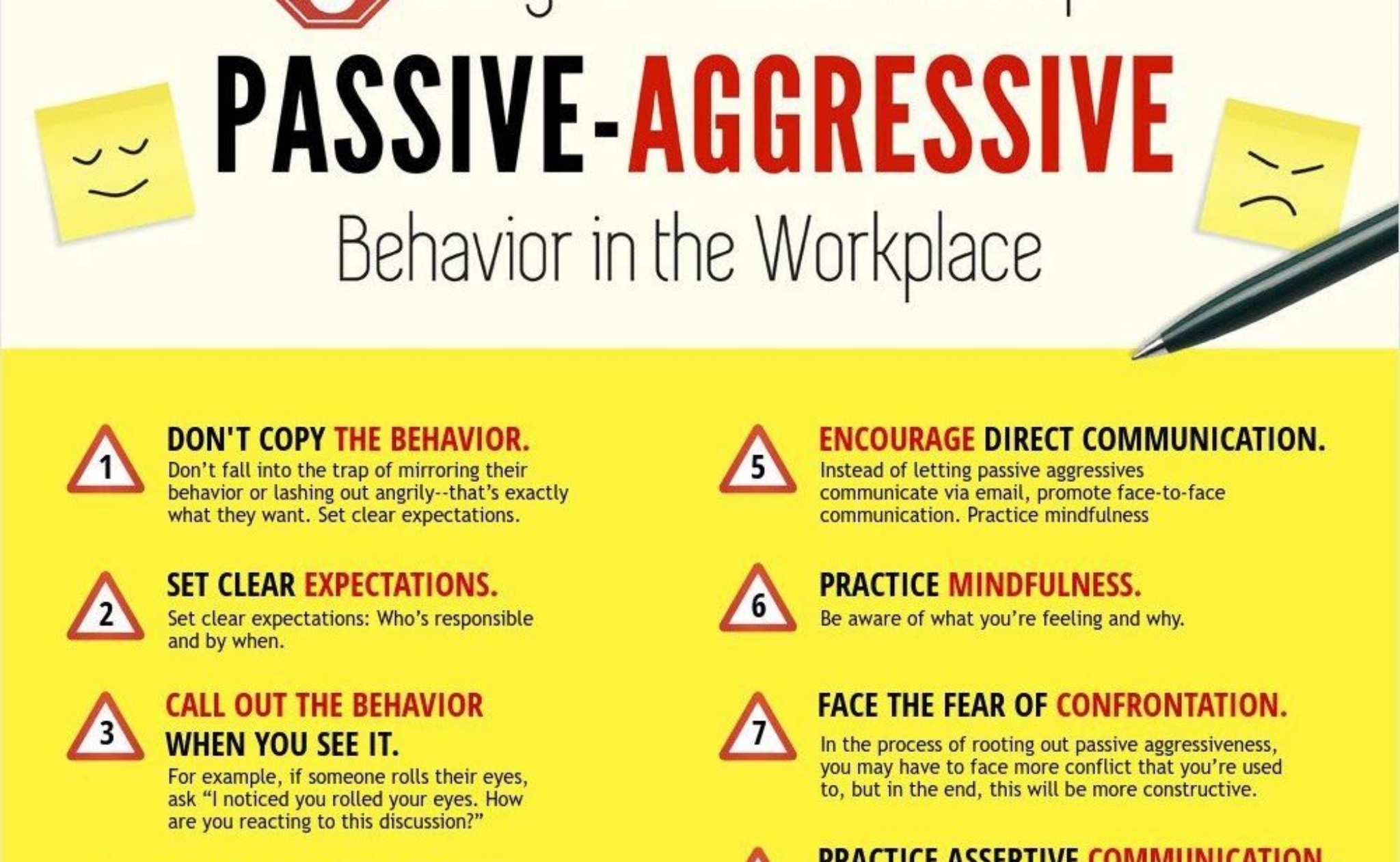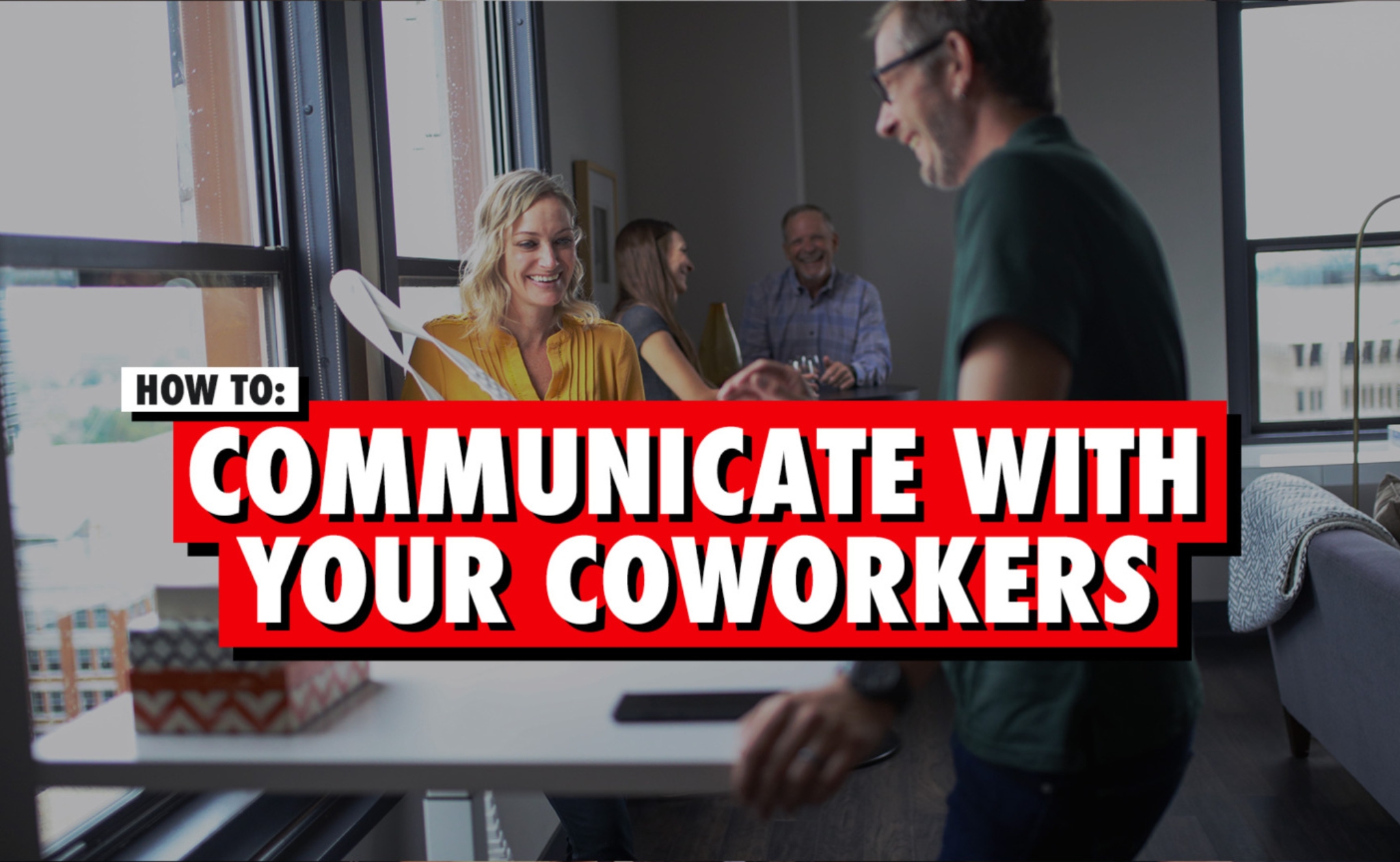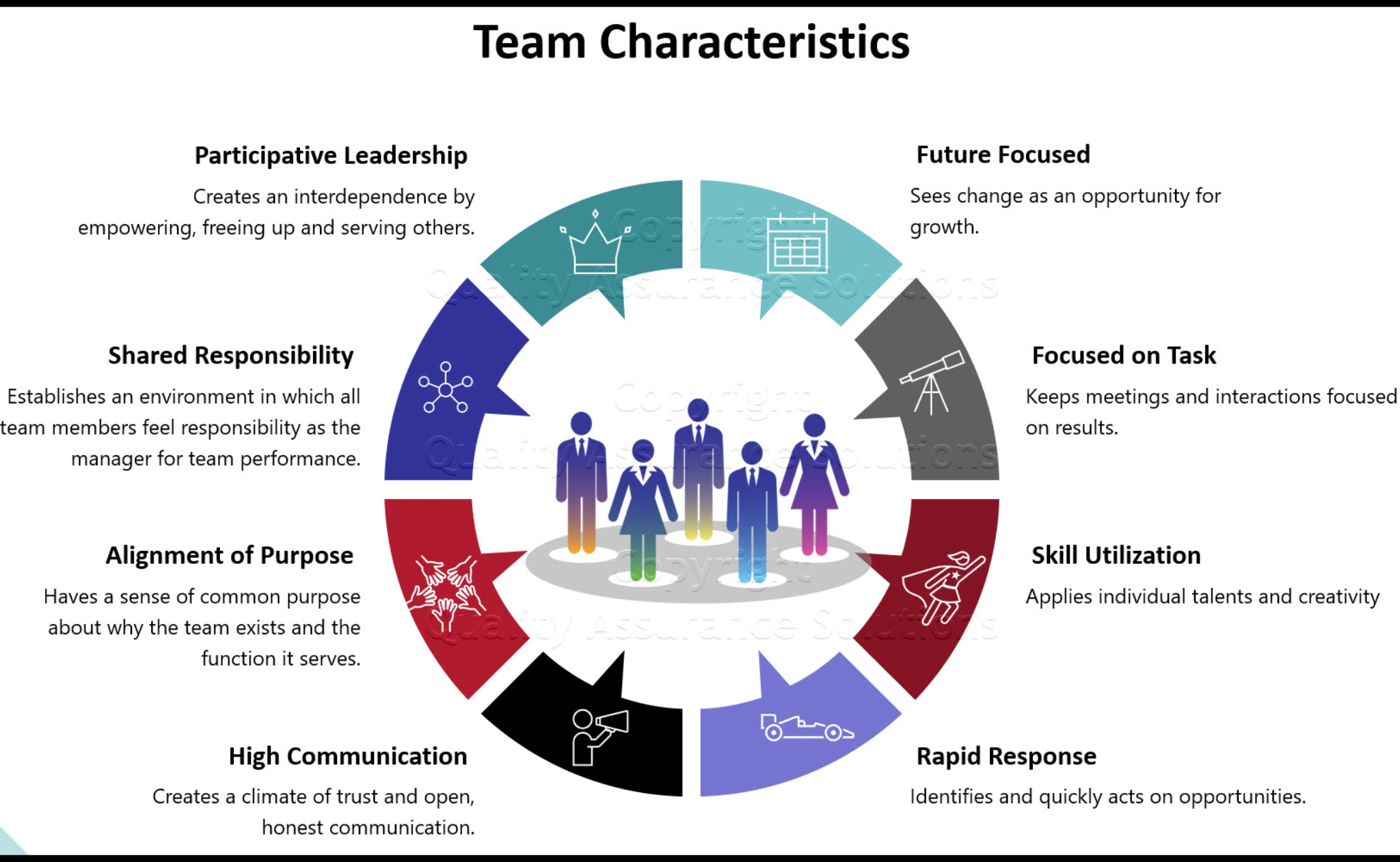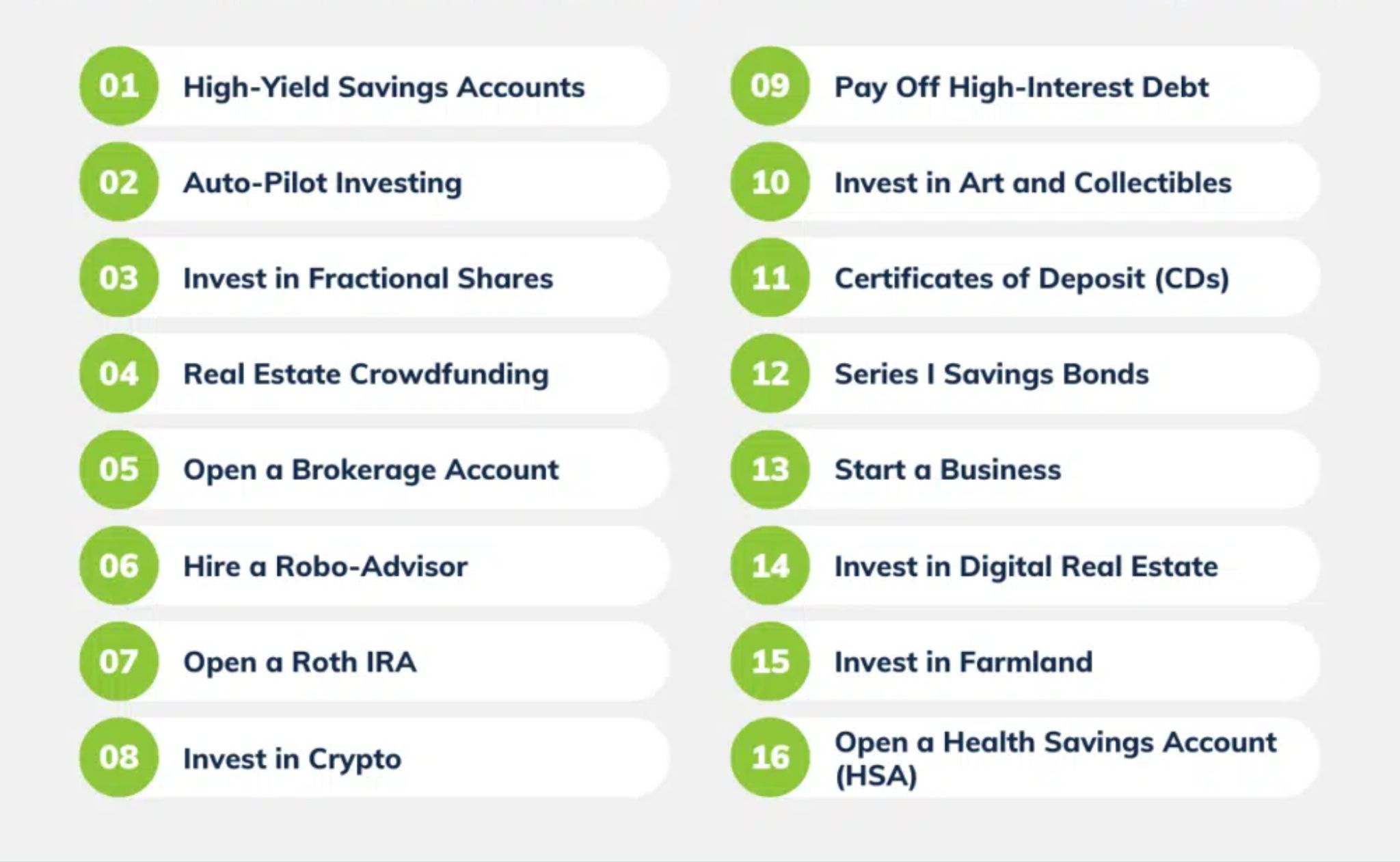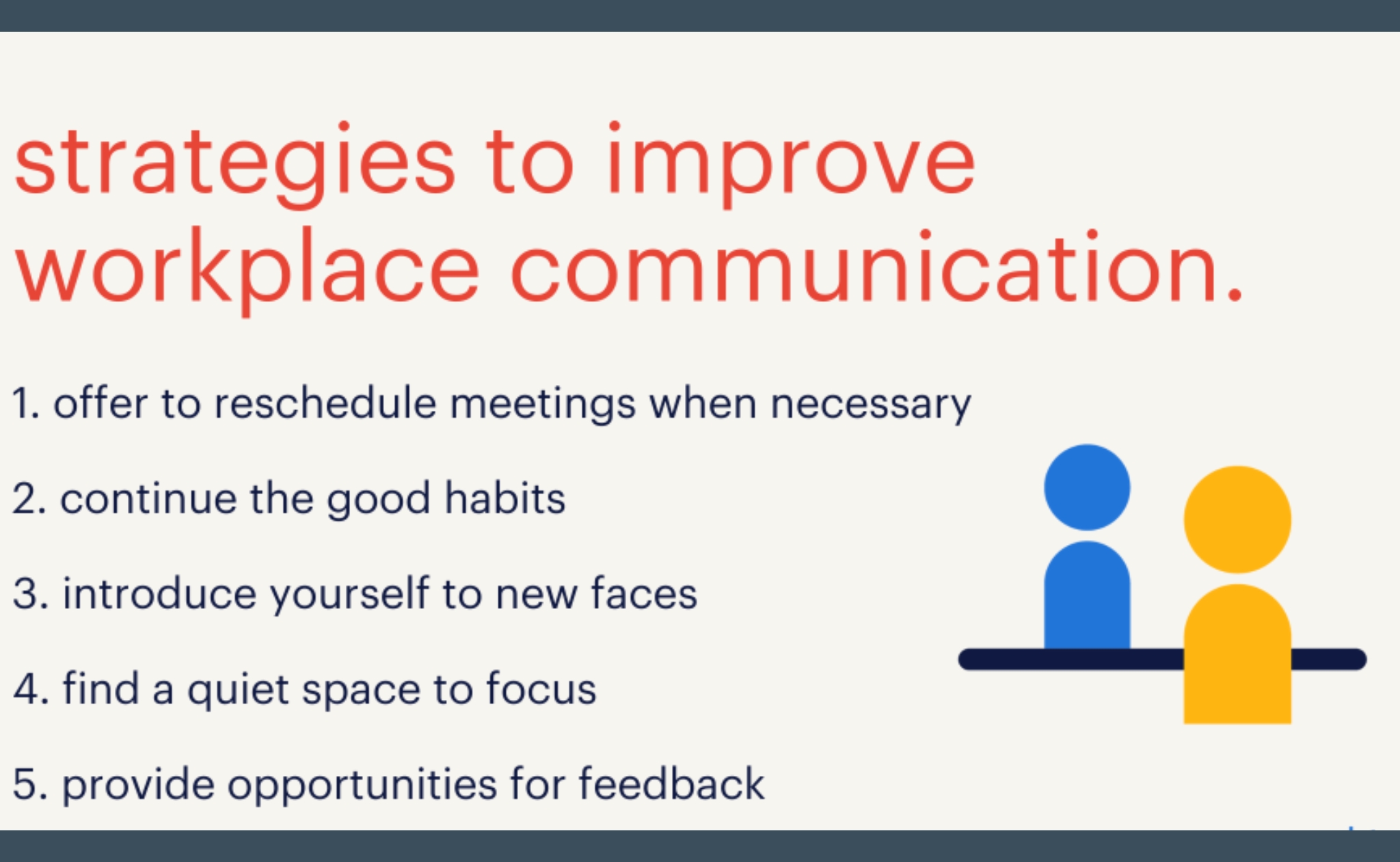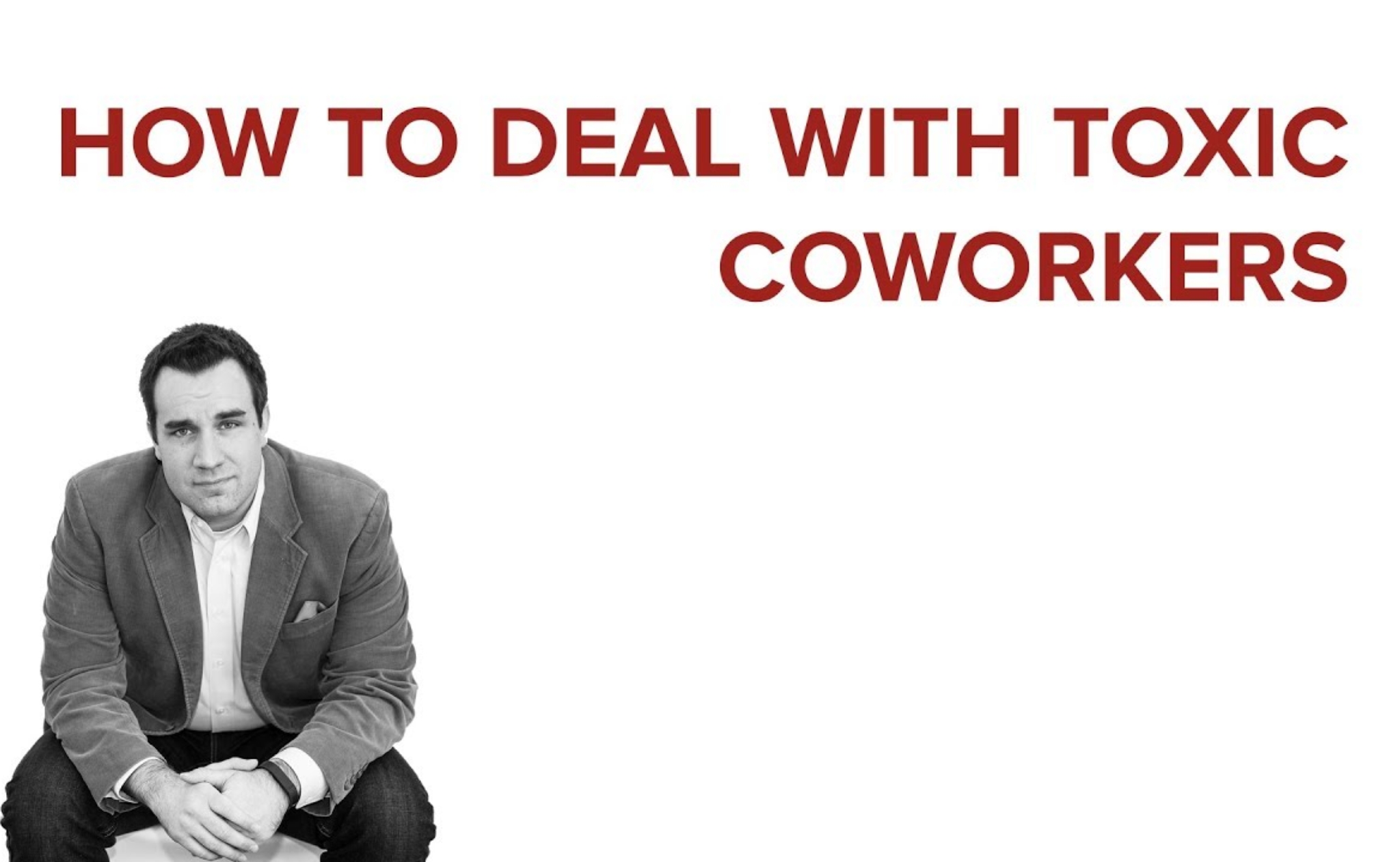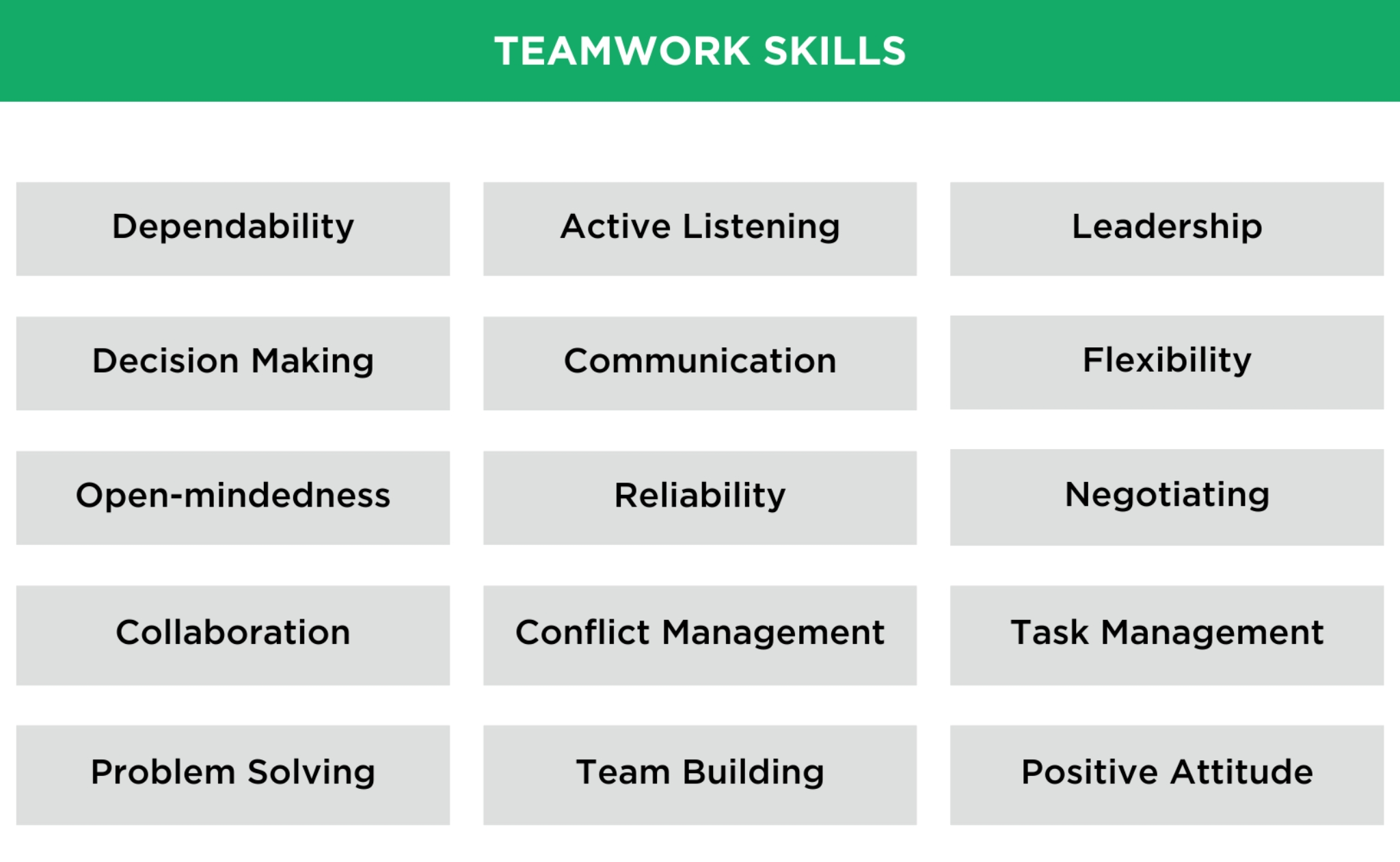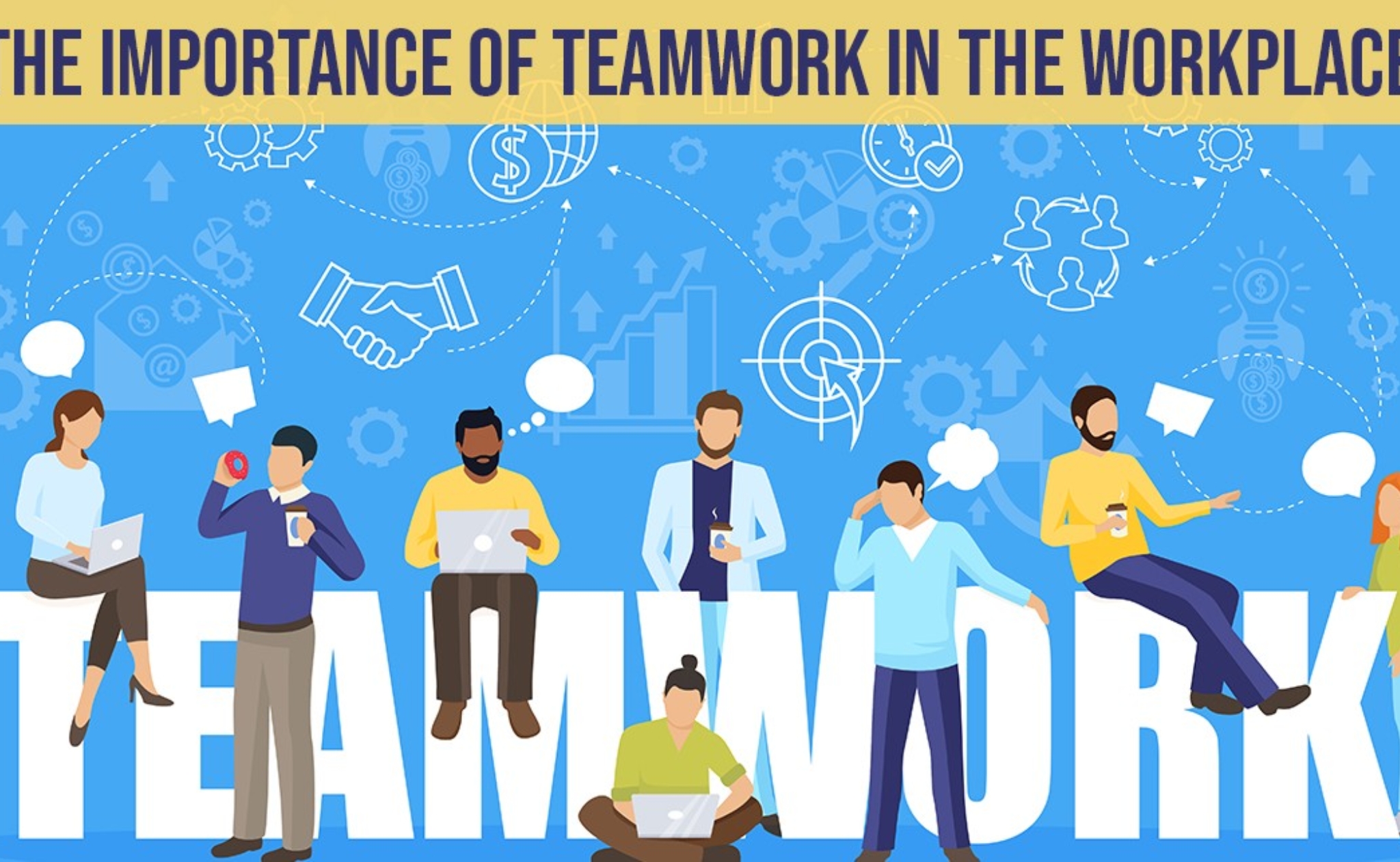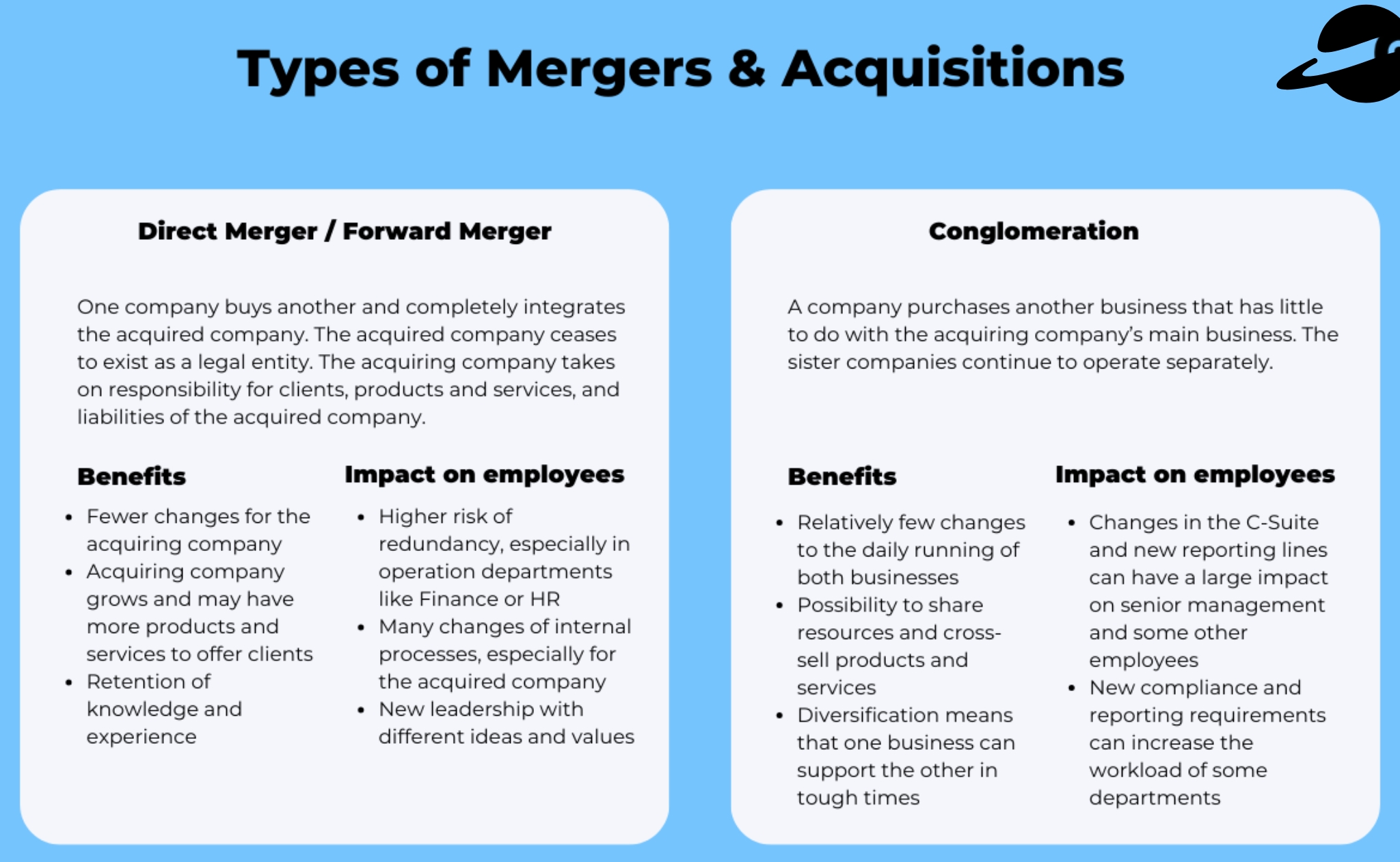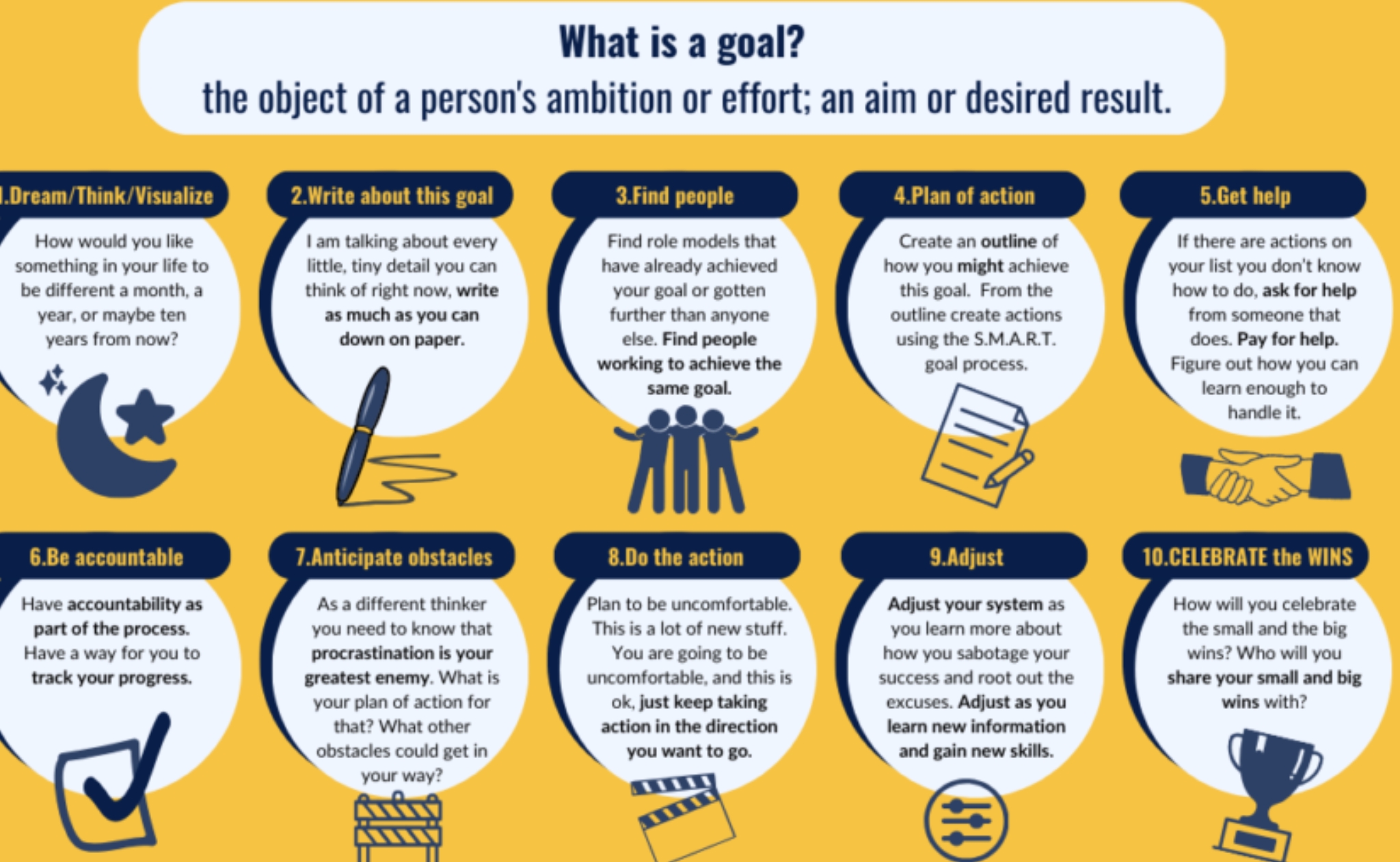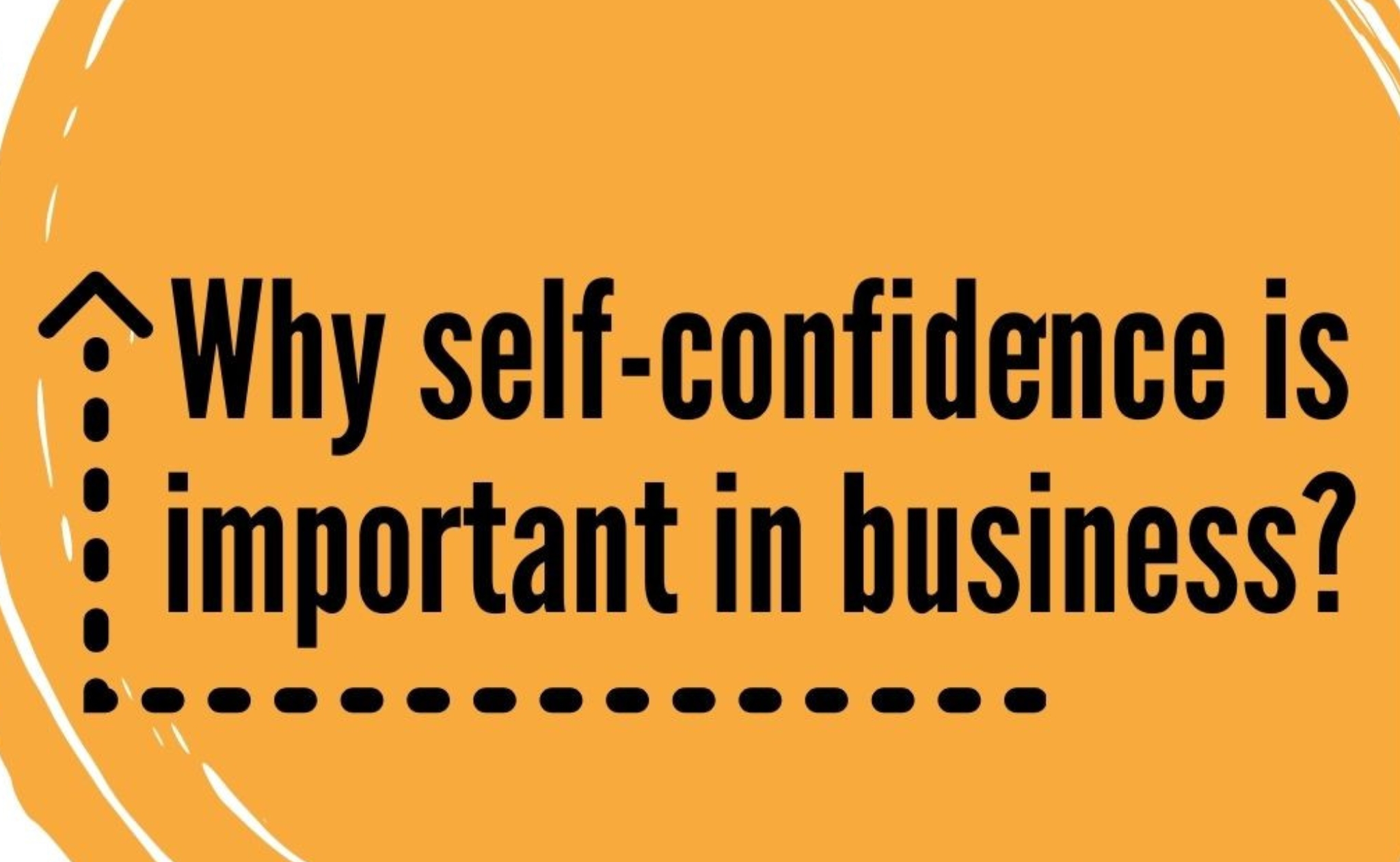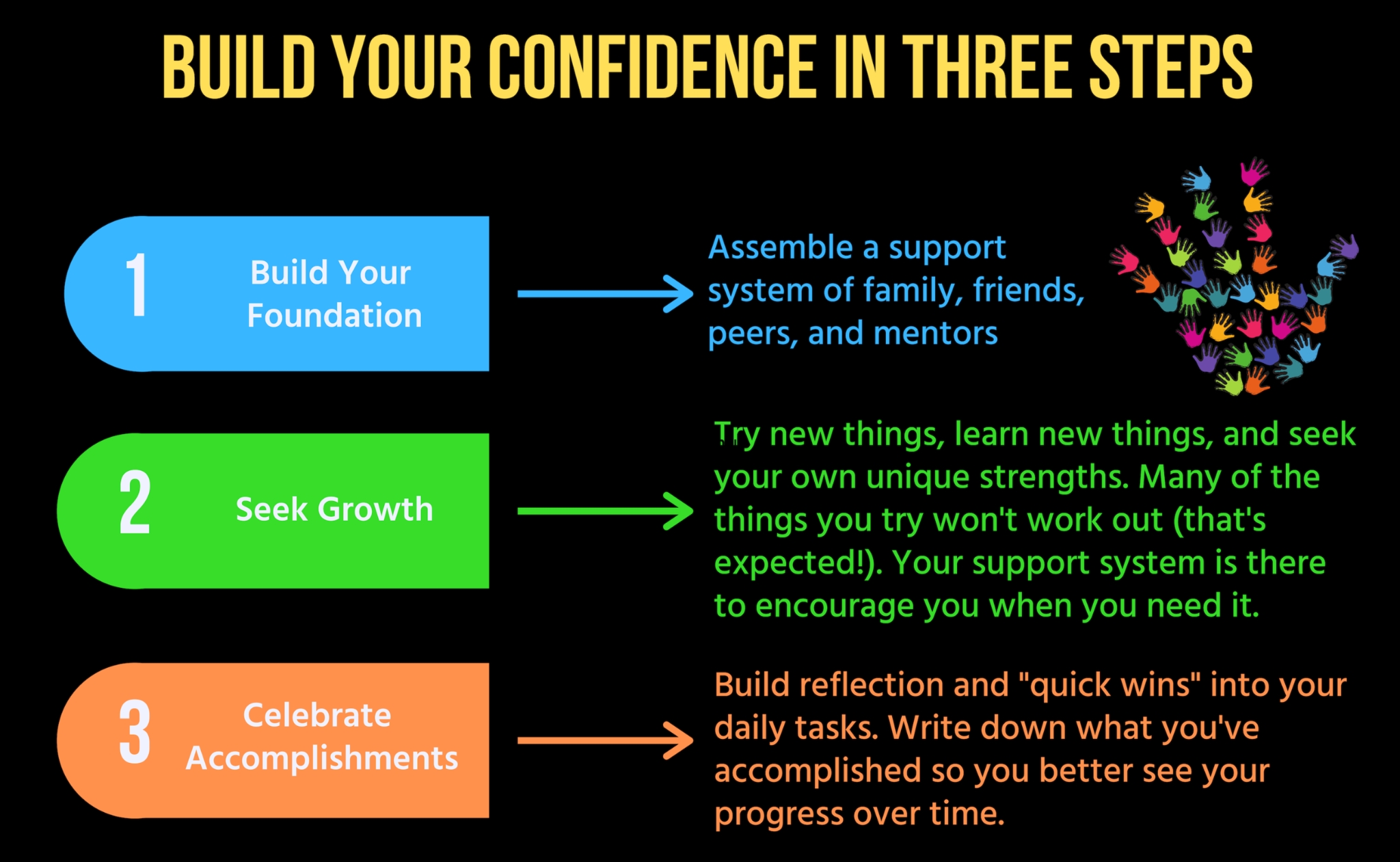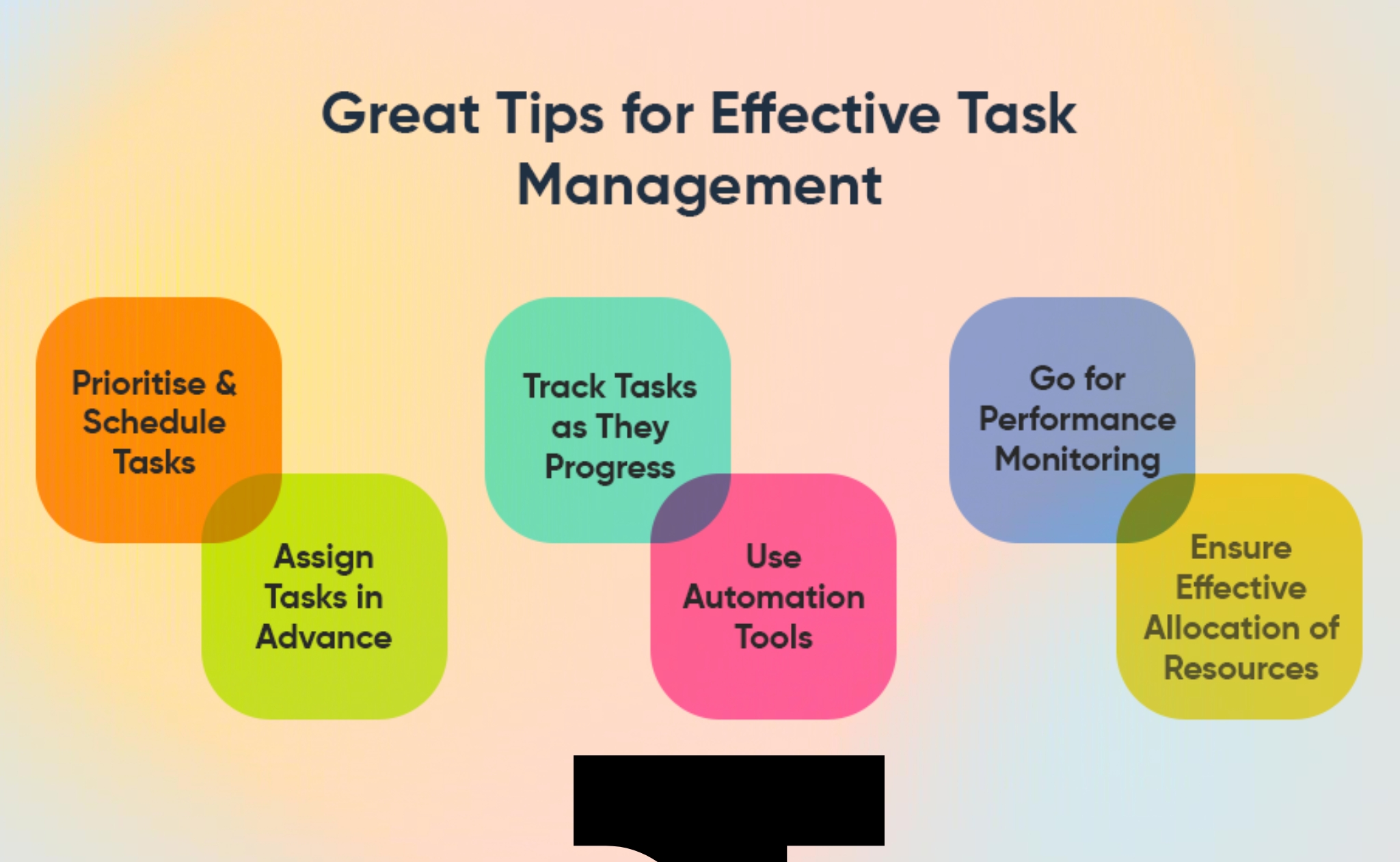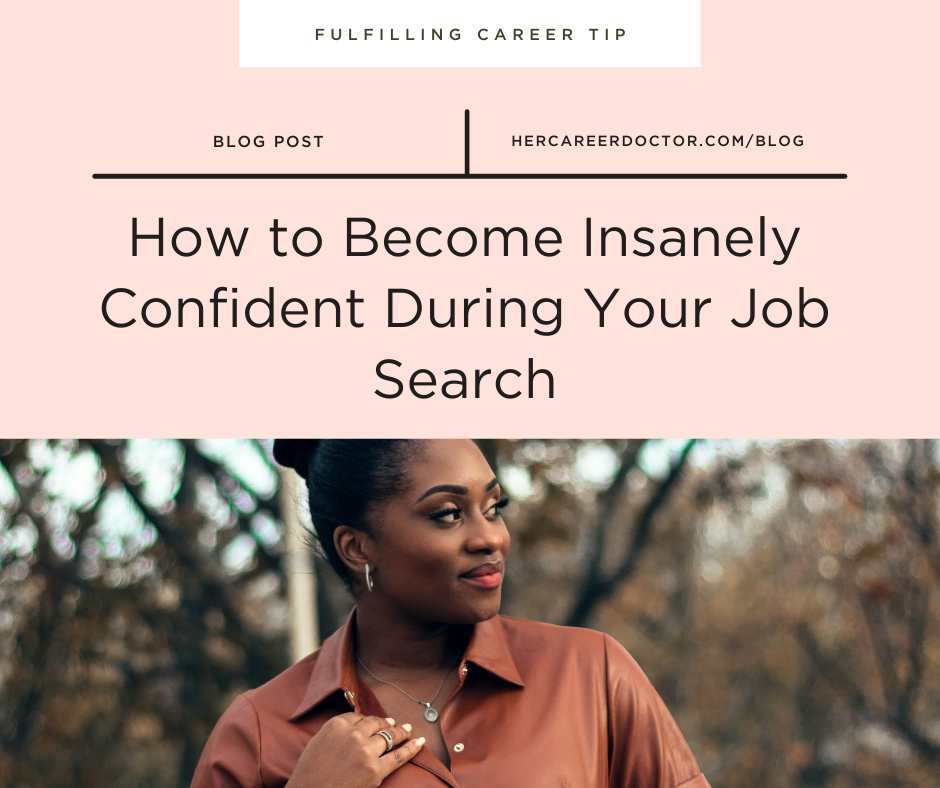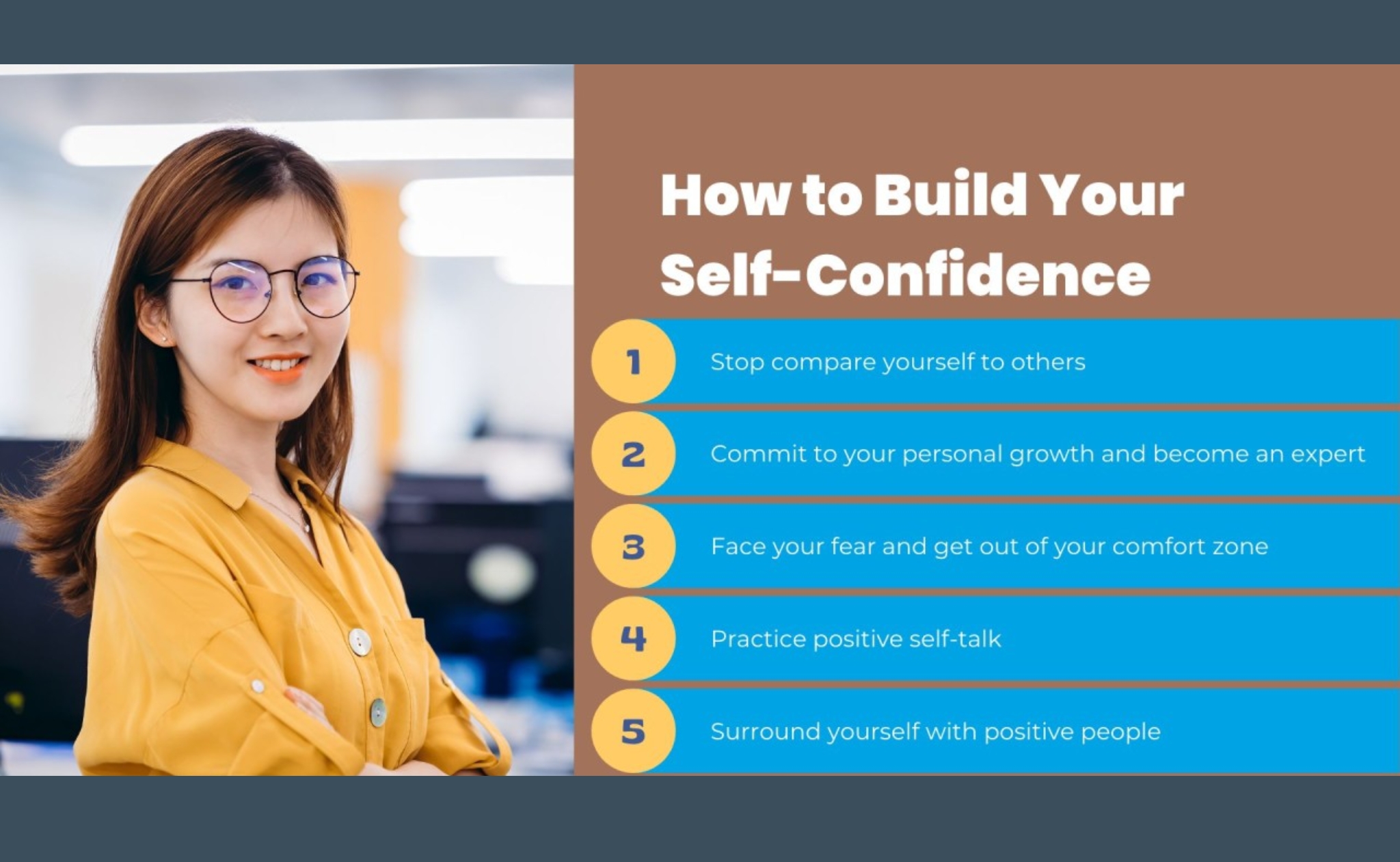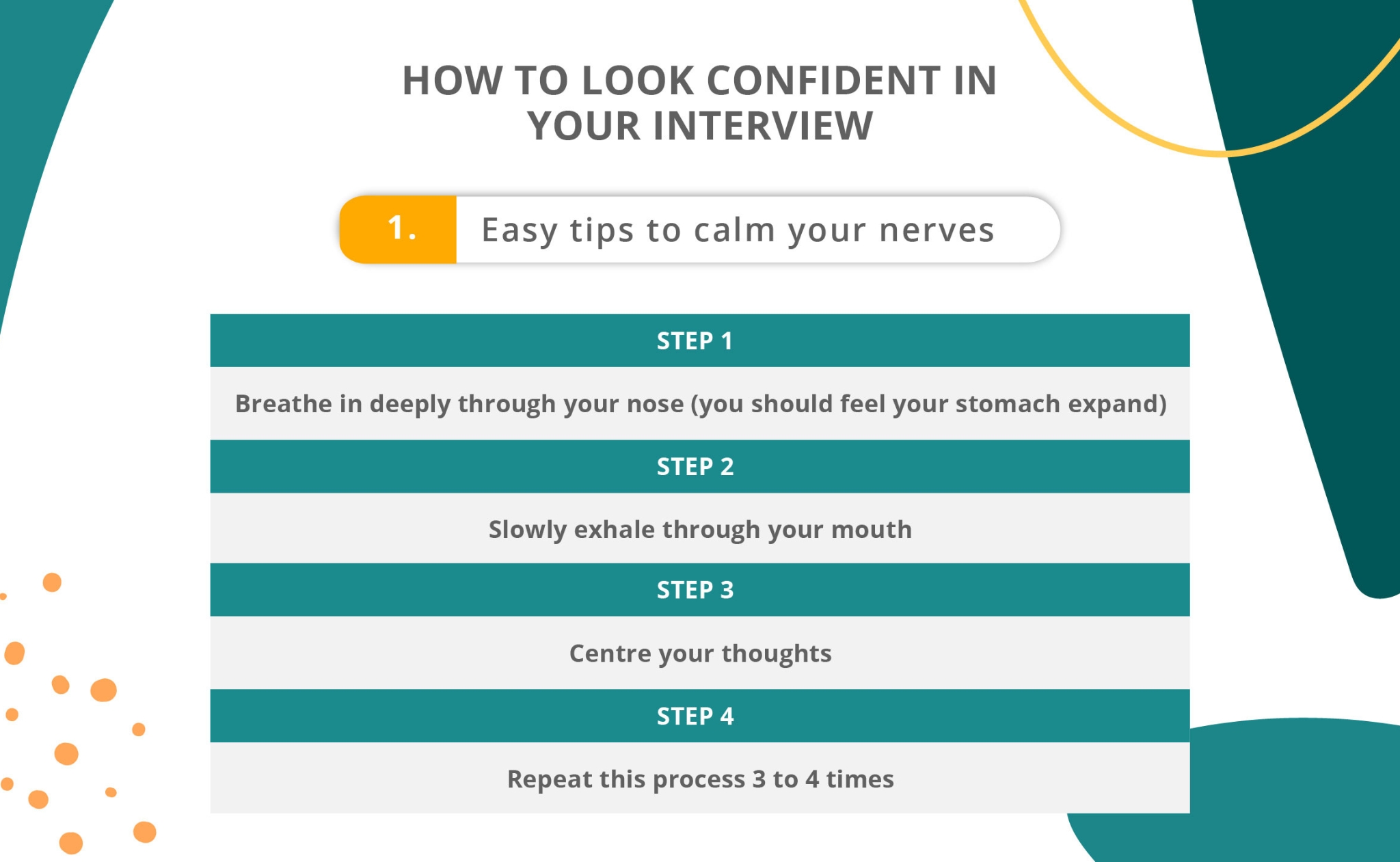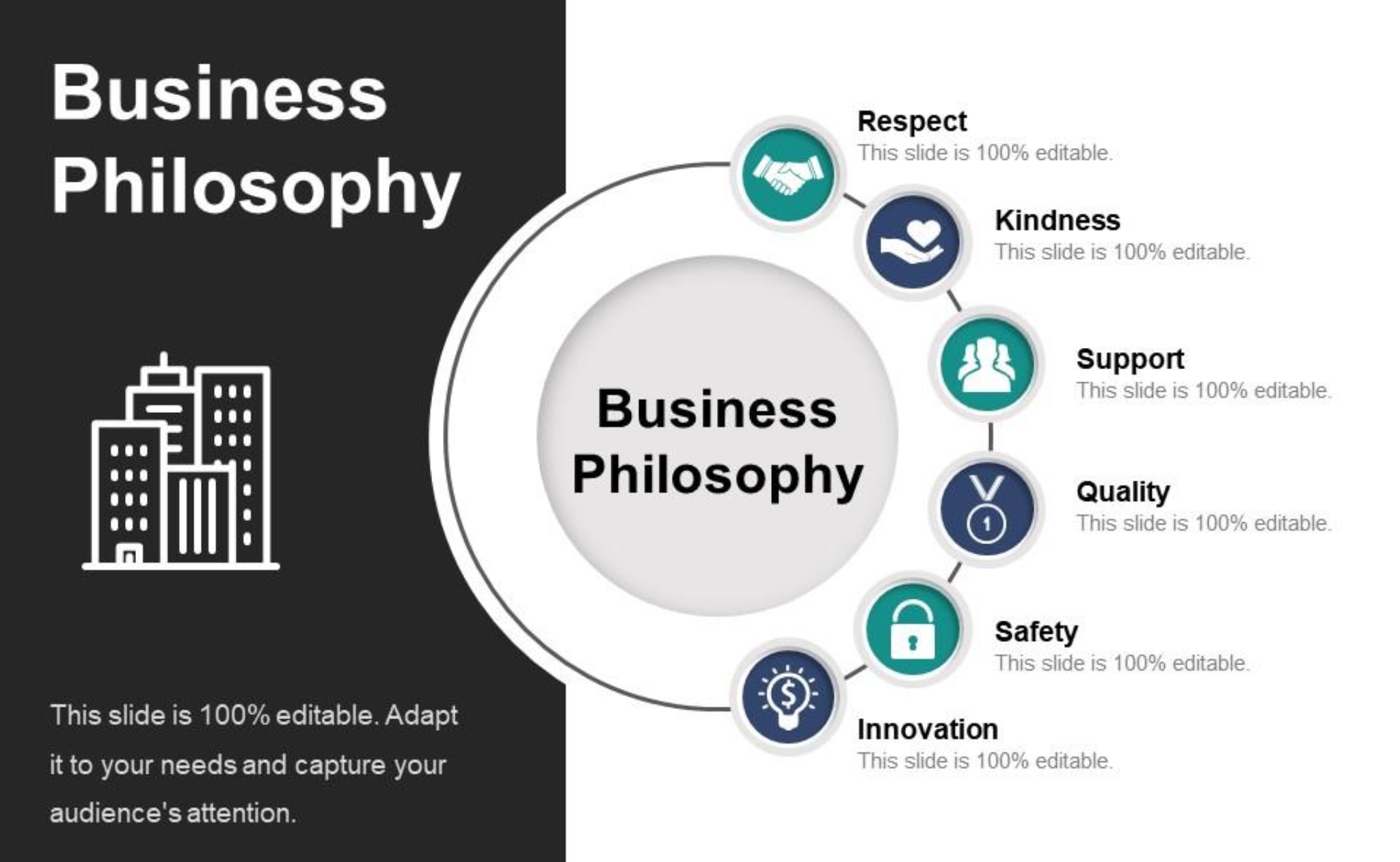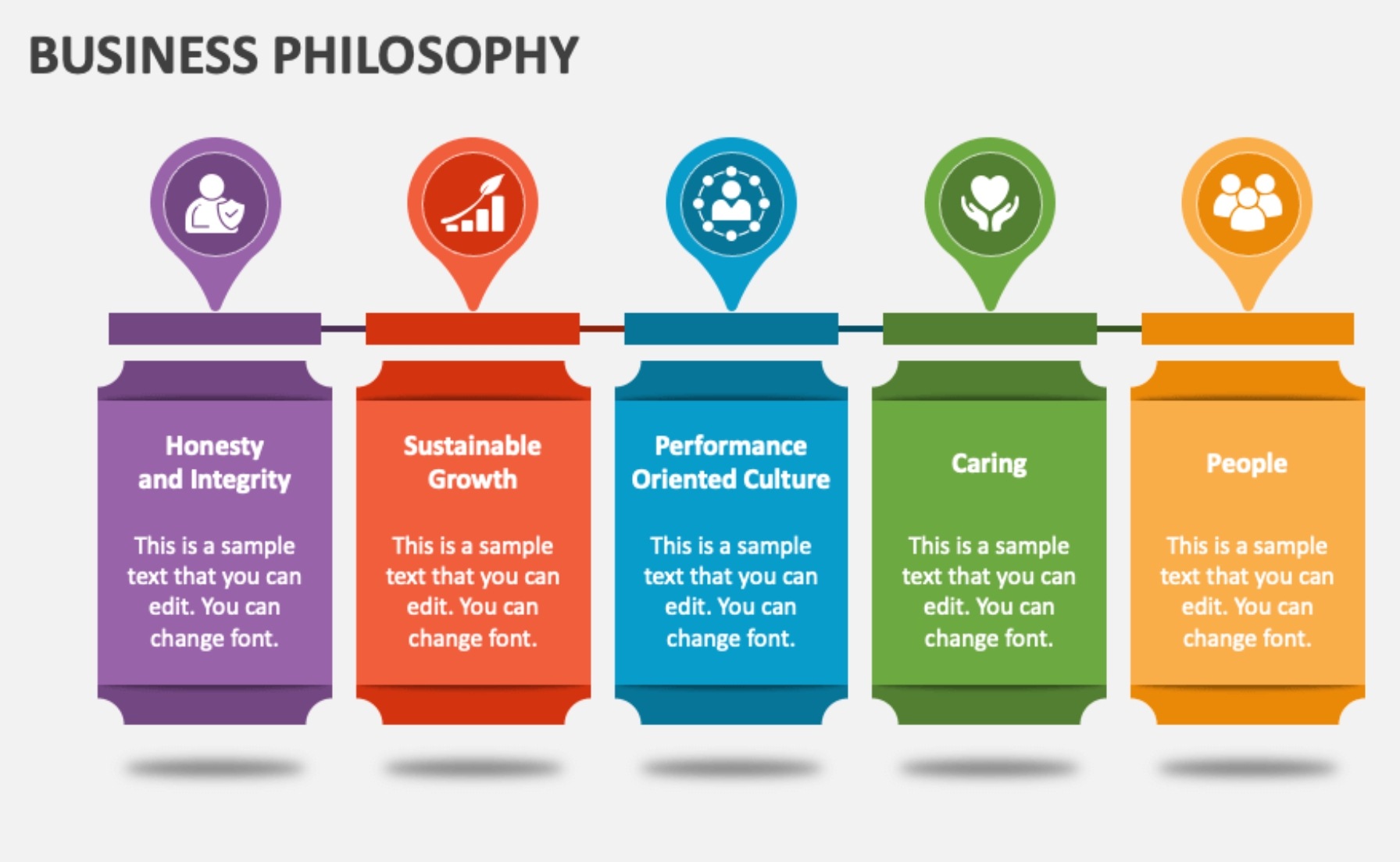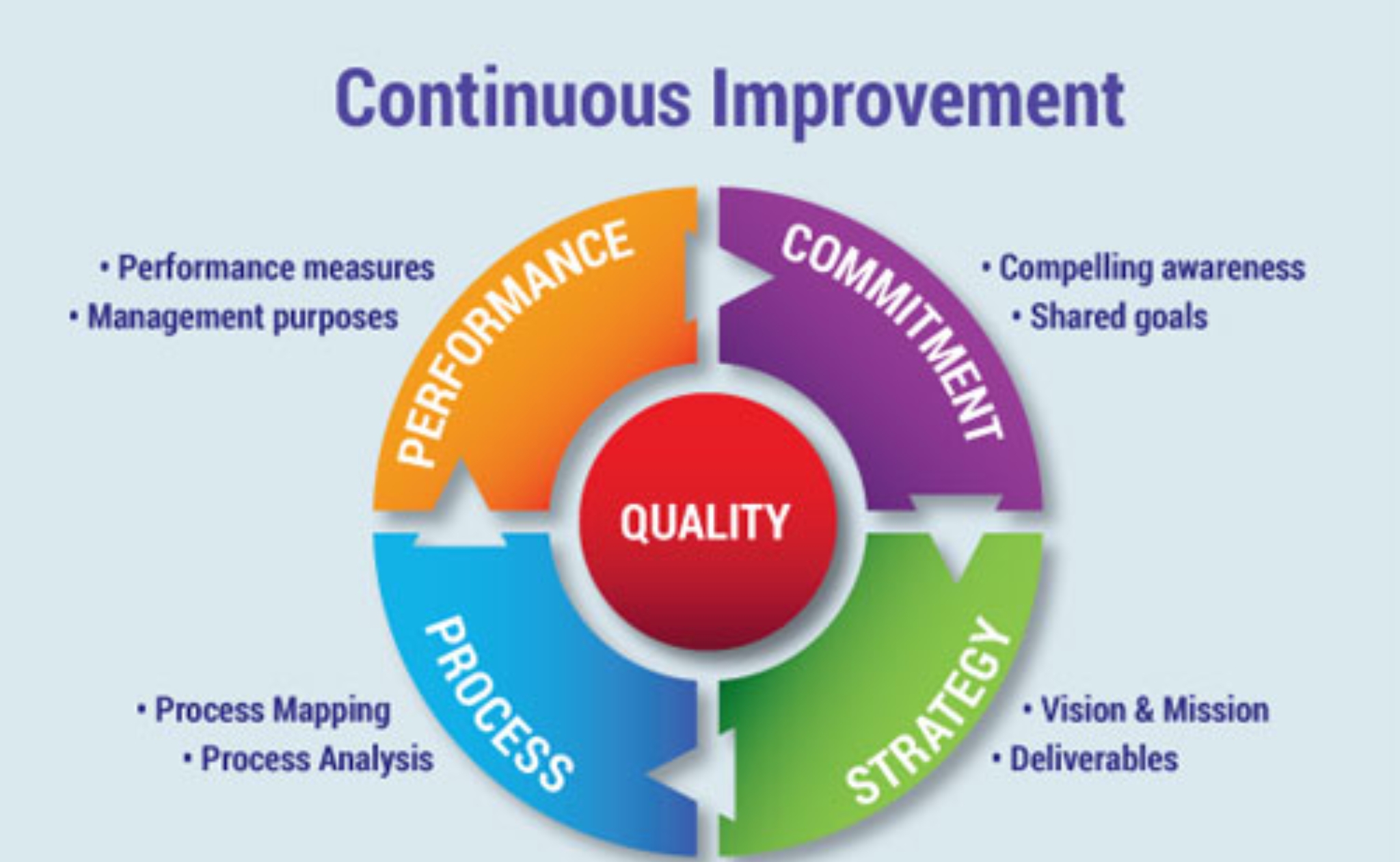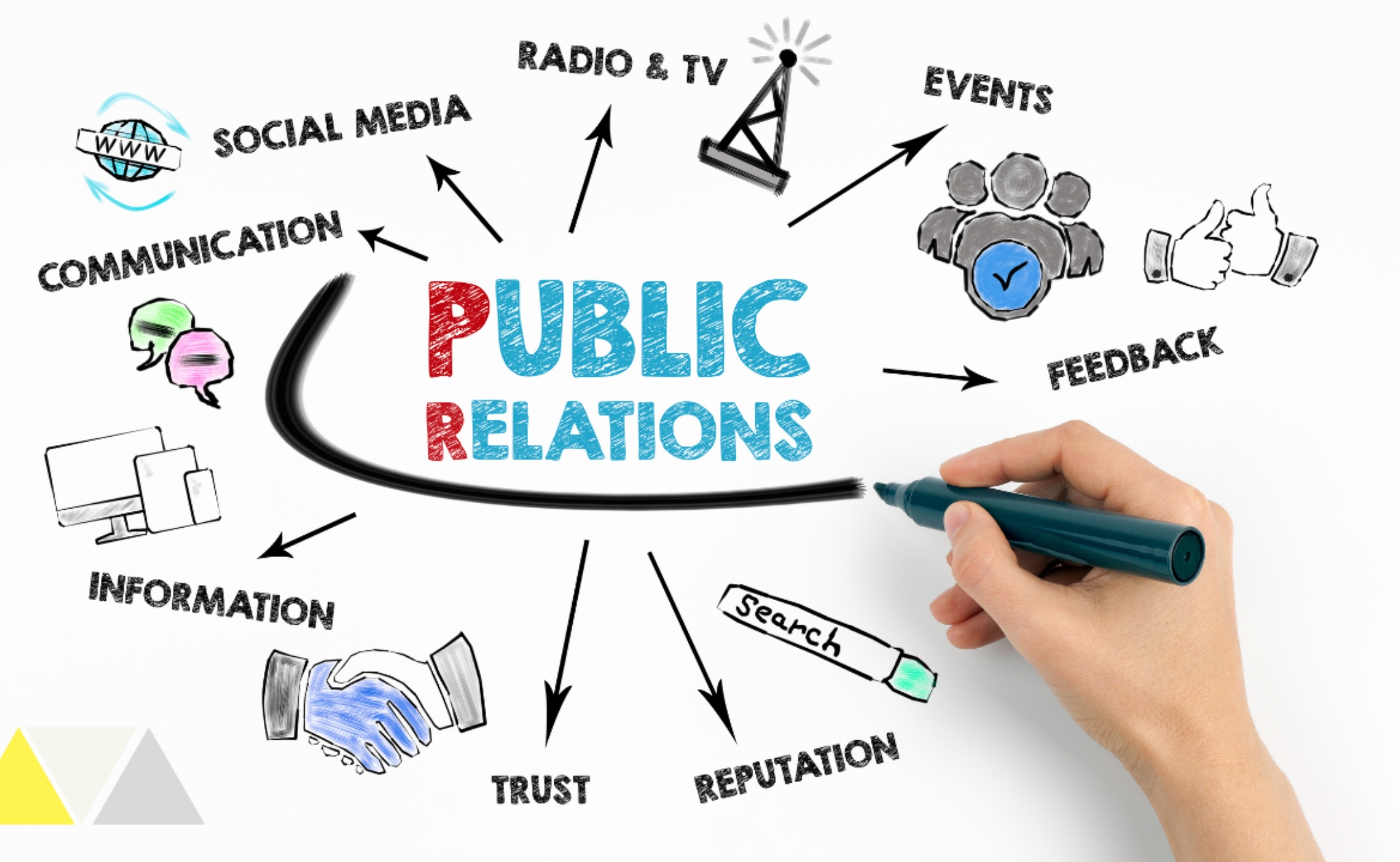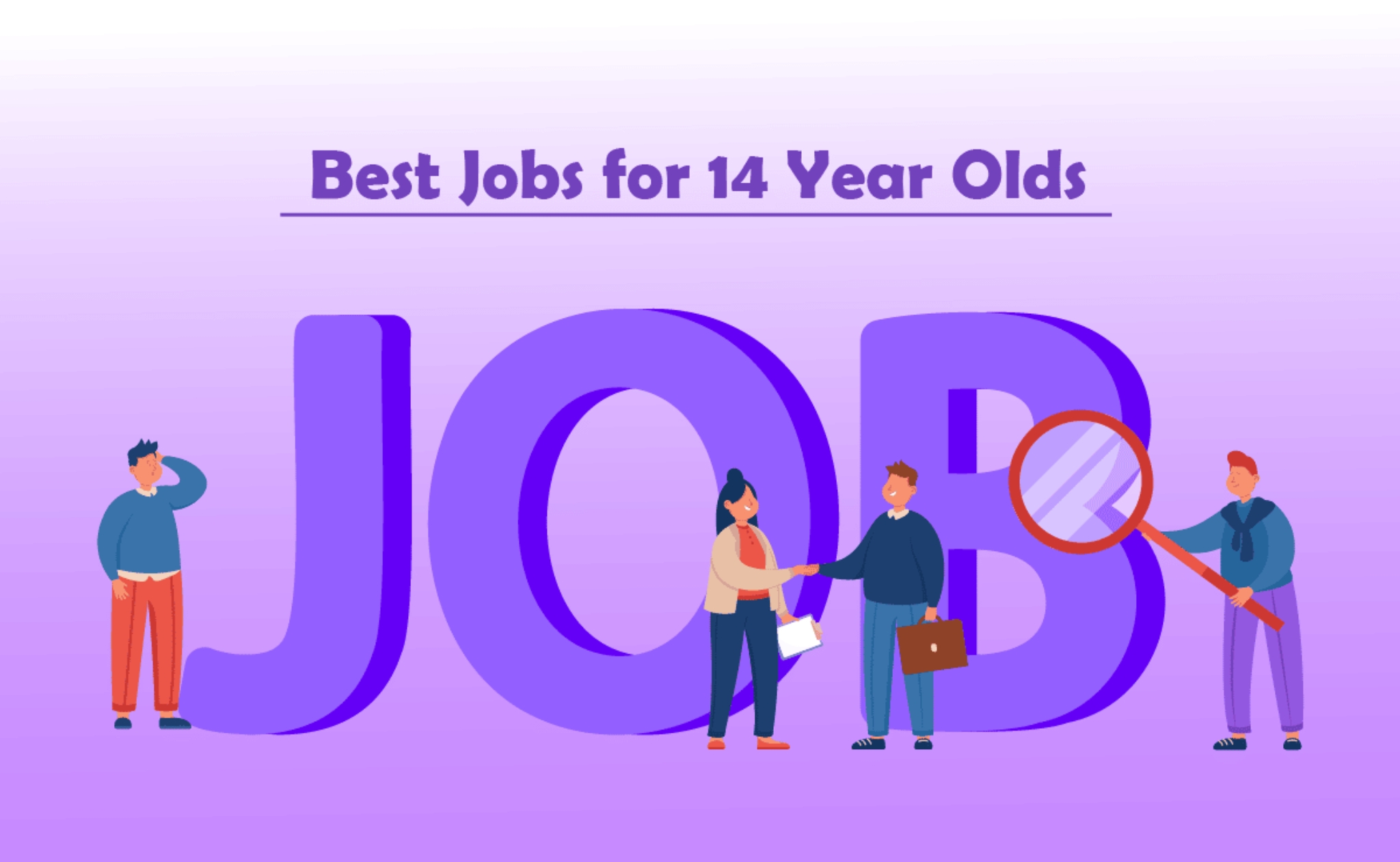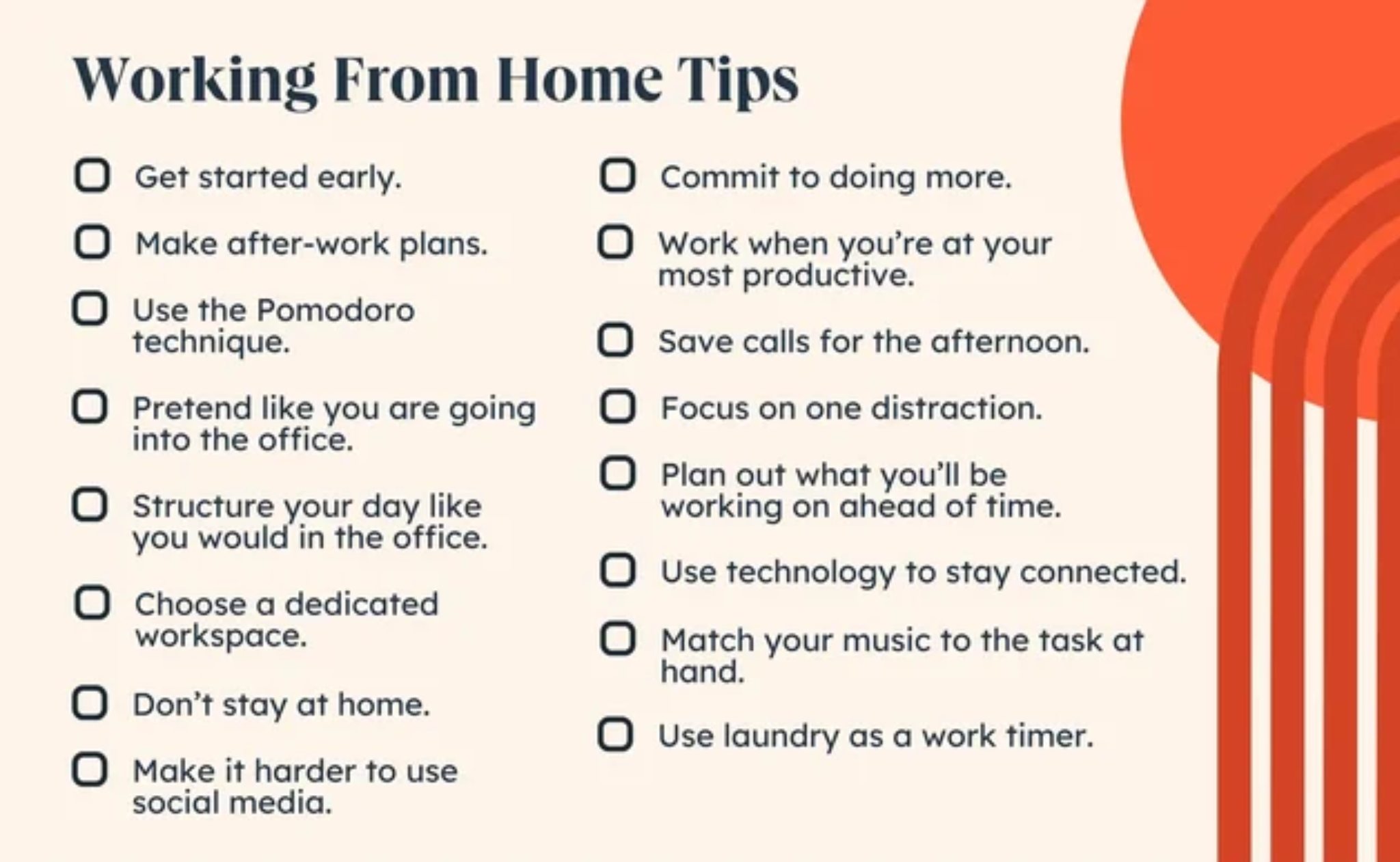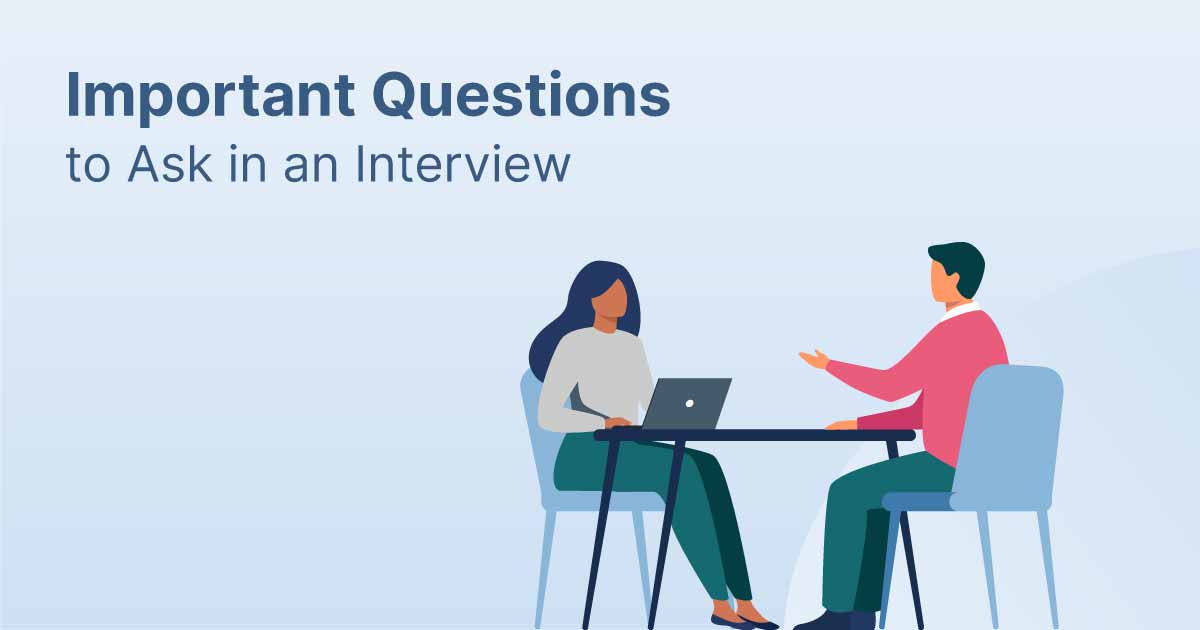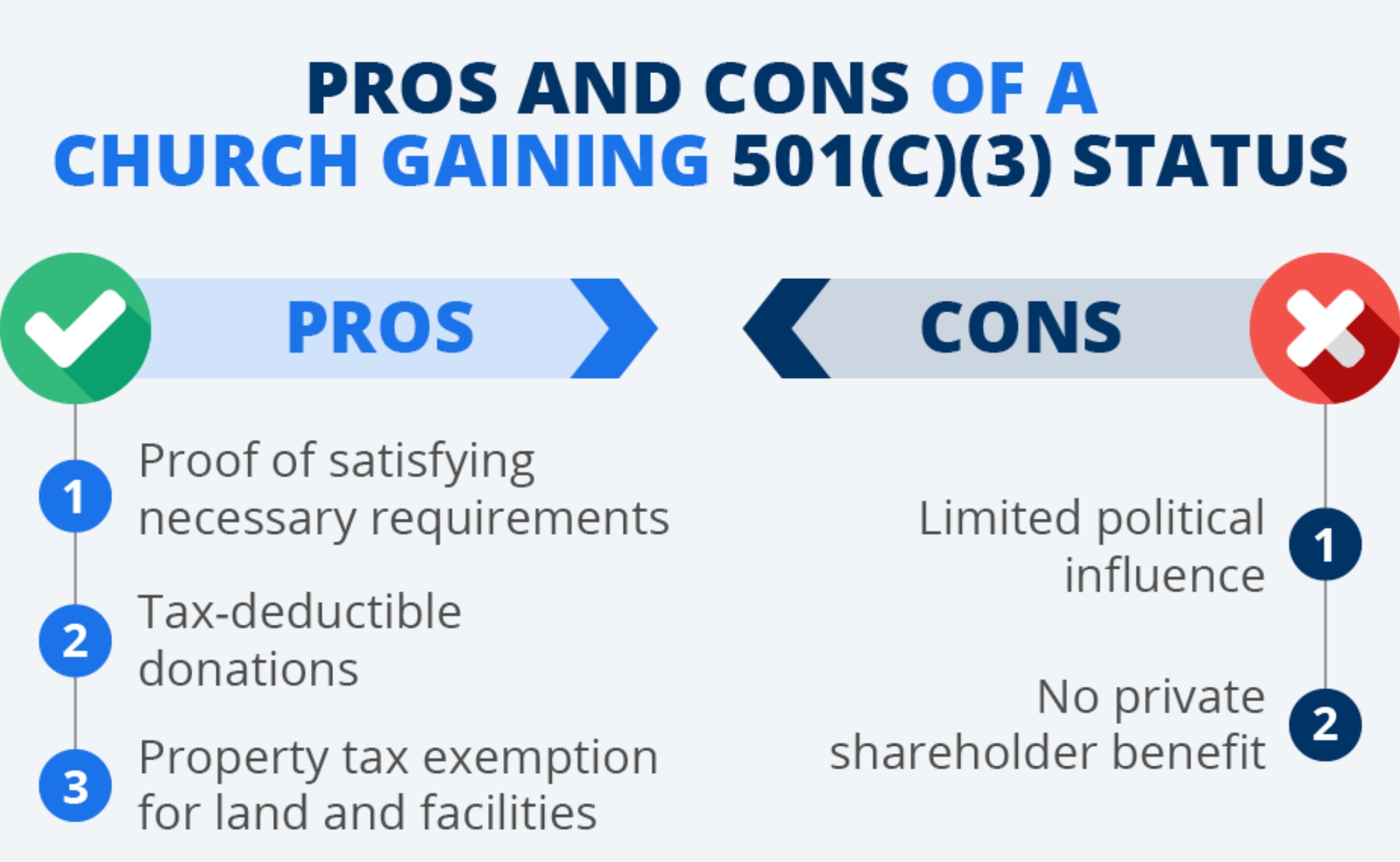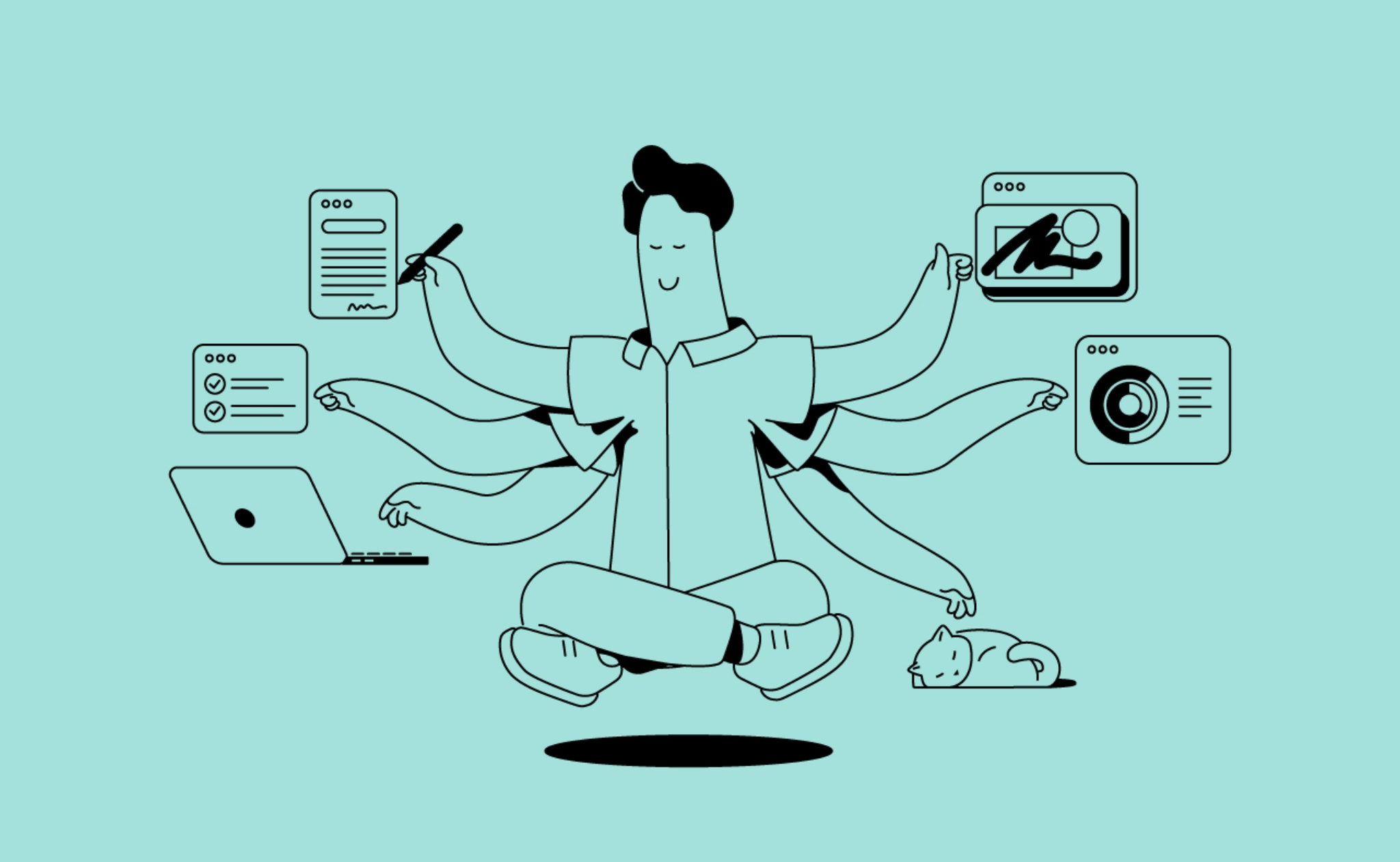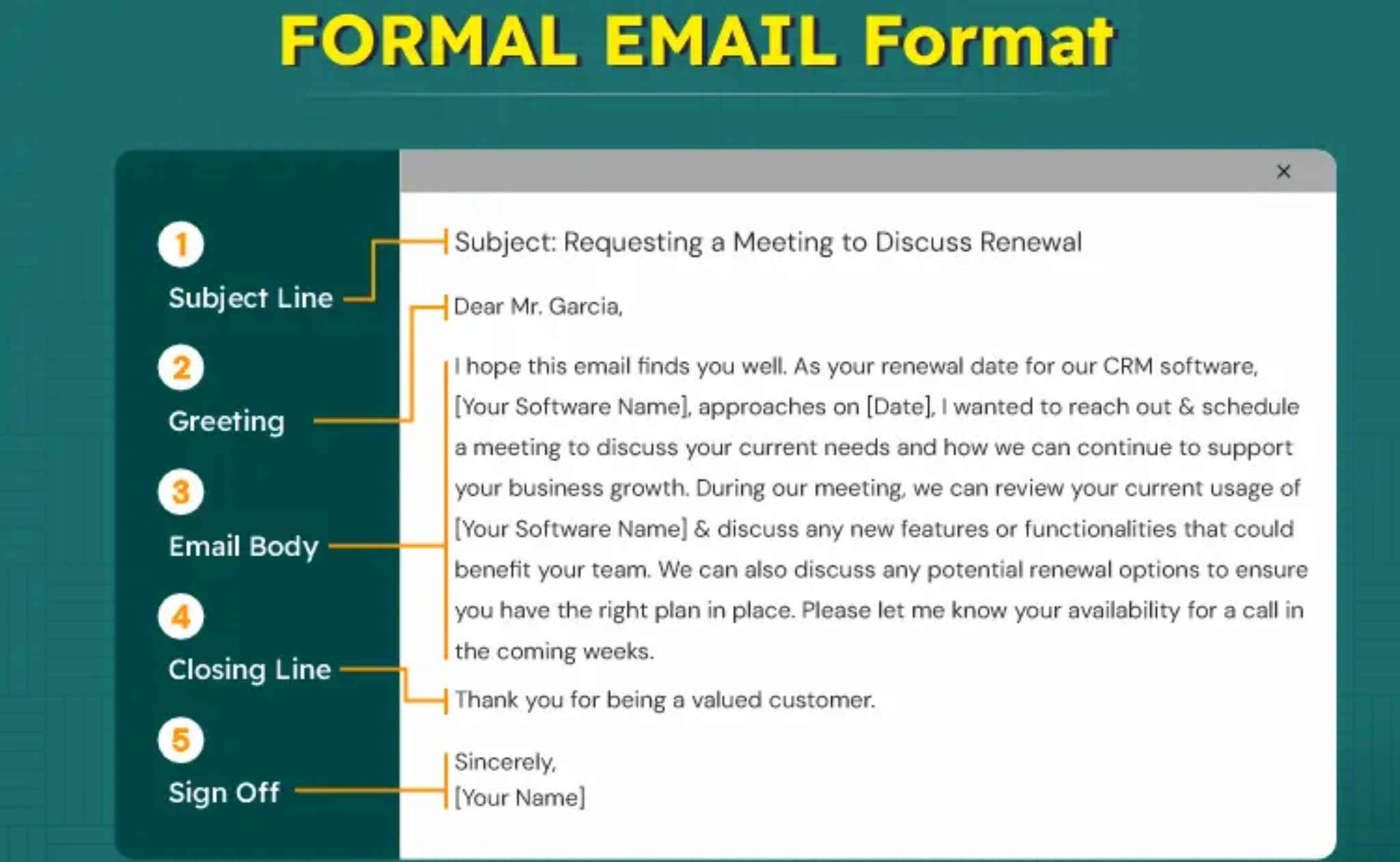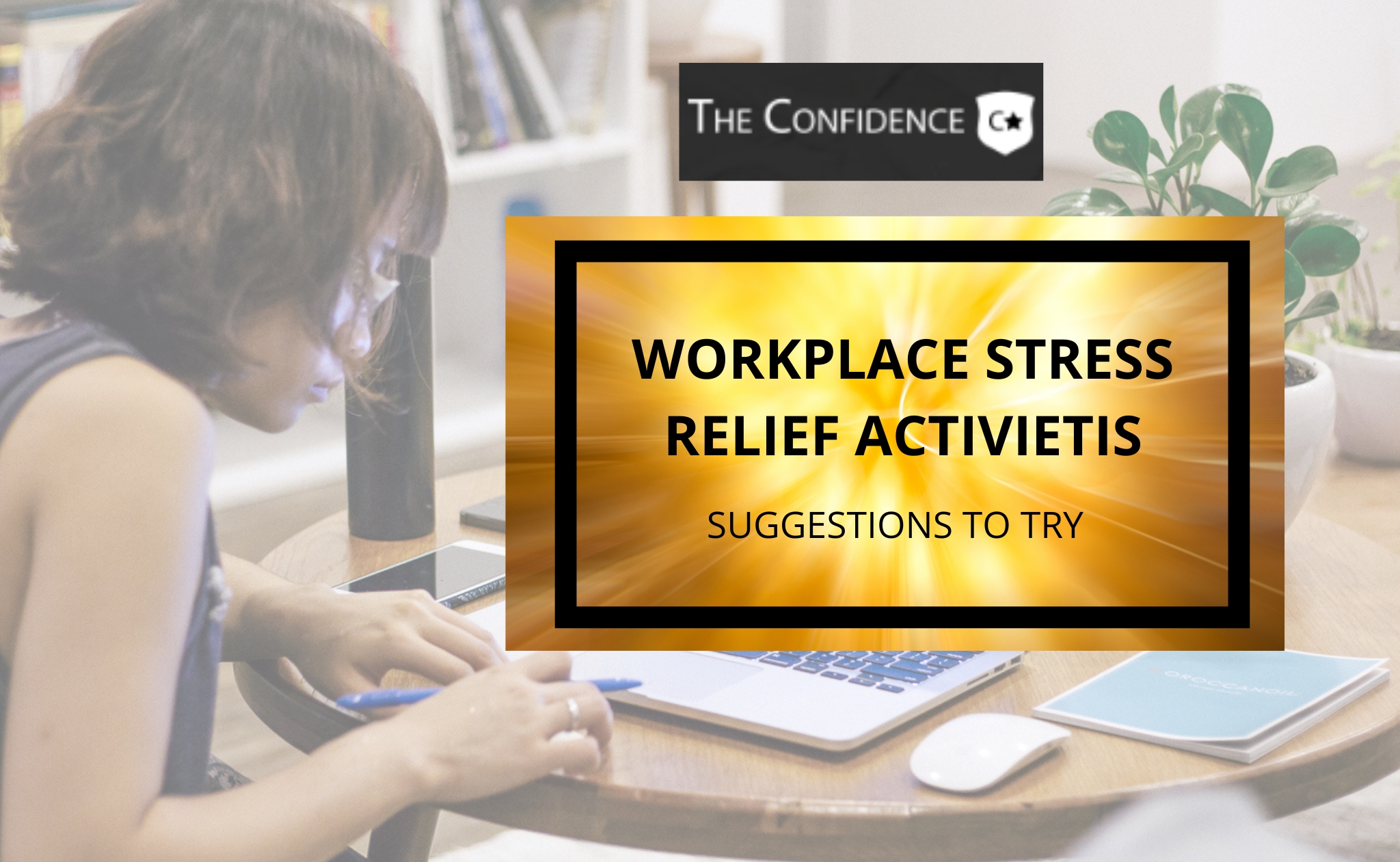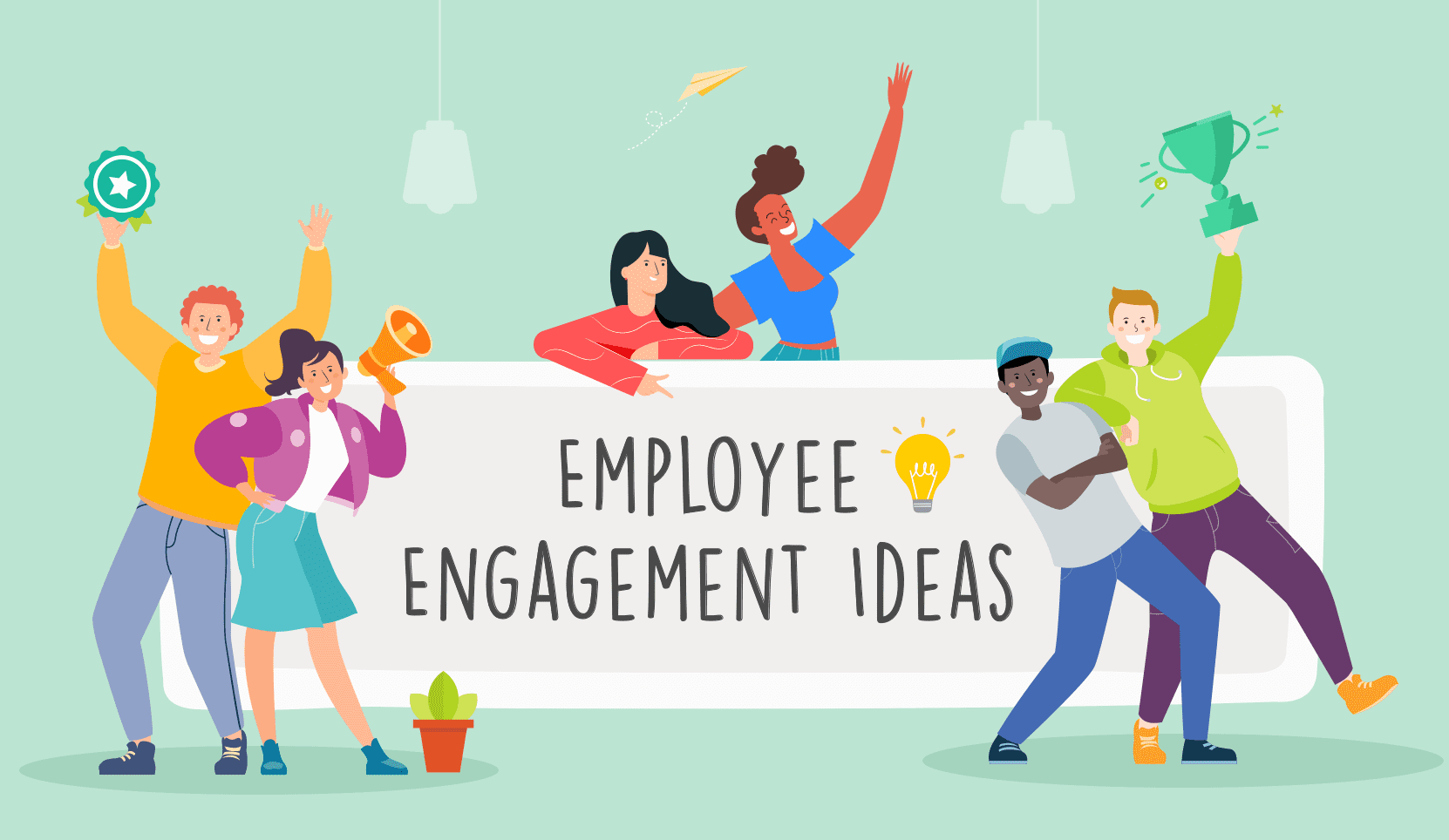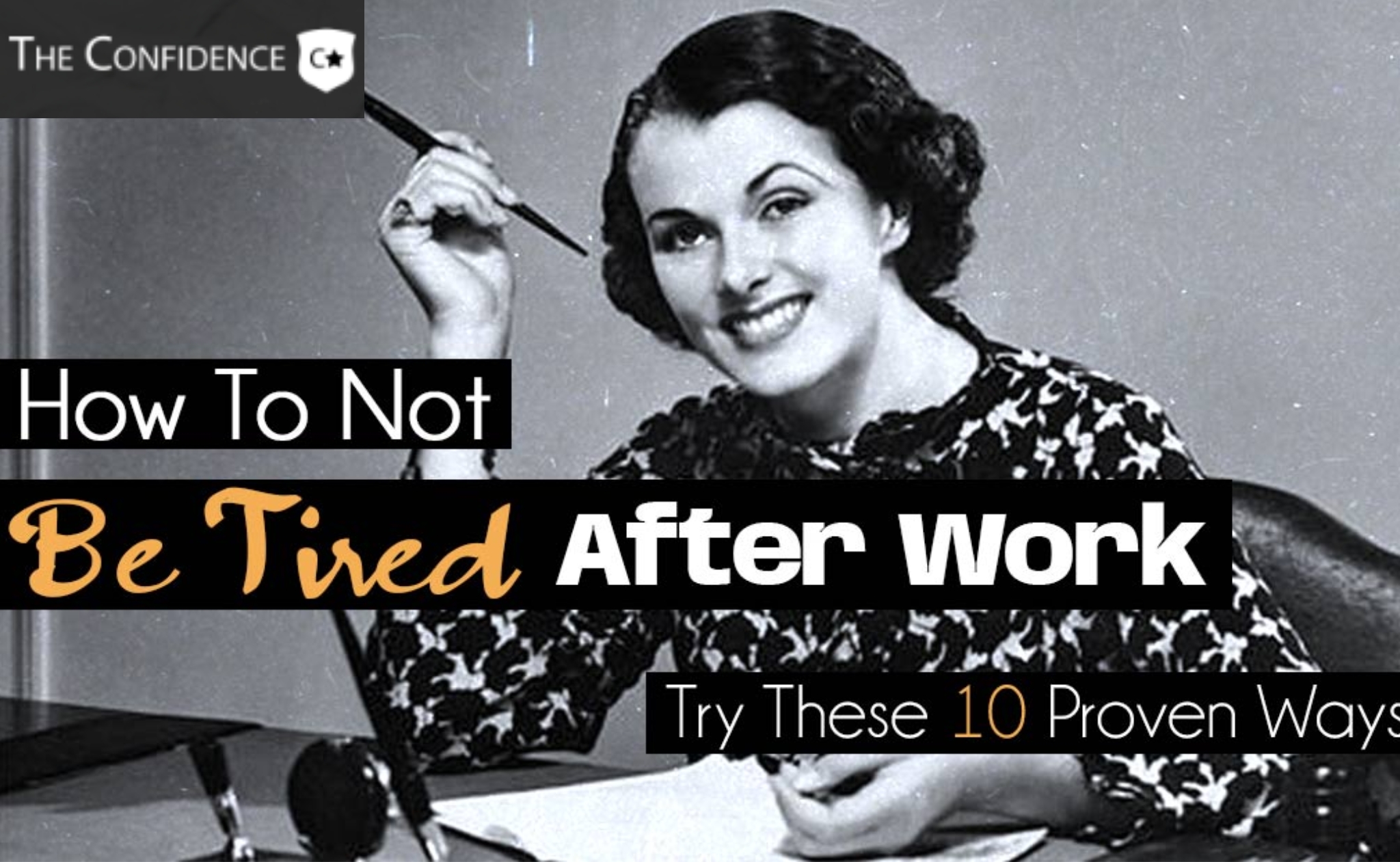You are excited about a new job opportunity.
You feel confident you can do the job, but you are nervous about leaving your current employer. What do you do?
There is no question that many people who feel uncomfortable in their current work feel extremely nervous about their potential new job.
There are multiple reasons for this.
But, most of the time, it is because they have not gained enough confidence in their abilities

When you sense you are experiencing career anxiety, it is a sign you are not taking the right steps to move forward.
This is particularly true if you work in the service industry. In fact, career anxiety in the service industry is an issue for most people.
If you’re worried you won’t have enough confidence in your service abilities, the first thing you need to do is get clear about how good you are at what you do.
While there is no formula for estimating your skills, here are some suggestions.
By taking a few minutes to make a list of the skills and experiences you bring to the table, you can start to identify what your value is to a customer.
This will give you an idea of what a potential customer might consider a fit. Then, if you can, assess the skills you need to hone to demonstrate your best abilities.
Also, consider what you are working on at your current job
These are the things that have set you apart from the competition.
It is important to add them to your list, as you can use them as examples of the quality and competence you are known for.
Now, take some time to share this information with your current employer. When it comes to how you may develop your skills, your employer is eager to help you.
This may include covering some of your duties while you develop your skills, or facilitating training opportunities, or even more intensive training with an expert.
Keep in mind, that not everyone is equipped to do this or has the ability to do this.
At some point, you need to choose between your current employer and your new employer. If your current employer is offering support, be sure to use it.
If not, you may decide you need to go in a different direction.
If you choose to leave, here are some suggestions that will help you gain confidence in your new job:

Group of young modern people in smart casual wear discussing business while working in the creative office
If you have applied for another job and you have been invited for an interview, be sure to follow up with the company.
Do not wait until you are on your way to the interview. This will give you time to calm your nerves and prepare for the interview.
If you are anxious about the interview, think about what you could say to make you more confident.
If you feel confident, be sure to ask the interviewer about what you could do in their company.
This will give you a sense of their views of your value and give you an idea of what they consider to be the appropriate role for you.
Ask yourself these questions:
- Can I do what the role requires?
- What do I need to get better at?
- What are the most important skills I need to learn?
This will help give you a picture of what their company is looking for, as well as what they are planning to pay for.
If you are certain you are a good fit, ask if they would like to have you provide a demonstration of your skills.
But do not stop here. If you decide to accept the job offer, stay focused on your goals and choose to focus on your potential!
A job is only a job if you’re a happy, fulfilled person at the end of the day.
So be sure to look after yourself and your family and you’ll have everything you need to succeed.
That fact is: you have to do the work
Now I understand that for most of you who are reading this, this should not be new information.
But this is for the 95 percent of people who don’t really know what they are doing in their jobs.
When people show up to an interview, they know the basics of what is expected of them: dress nice, have good posture, be on time, answer questions succinctly, etc.
But in many cases, you are often unprepared for the unexpected.
Your potential employer asks a great question or gives a great response, and all of a sudden, you have a different task in mind.
Or maybe you’ve been at a job a while and have gotten comfortable in your role.
You are not always digging too deep, thinking outside of the box, or looking for ways to upskill and hone your skills.
This is all to say that you need to start thinking about how to start learning new skills if you want to advance in your job.
Now, the assumption many people have is that if you know you are a competent and effective employee, you do not need to continually enhance your skillset.
But here is the thing–this is not necessarily true

In fact, research on people’s work patterns has found that the number of new skills we acquire tends to decline over time, and the skills we already have tended to outpace those we have acquired.
The reason for this is that with each new job, we have to find a way to fit into the new role.
We need to focus on a new skill or a new method to help us be the best employee we can be.
Over time, the additional skills we develop may become soft skills that we need to continue to excel in a new role.
In other words, being good at your job is only half the battle.
You still have to become a great employee, and you still need to get better with every role you take on.














